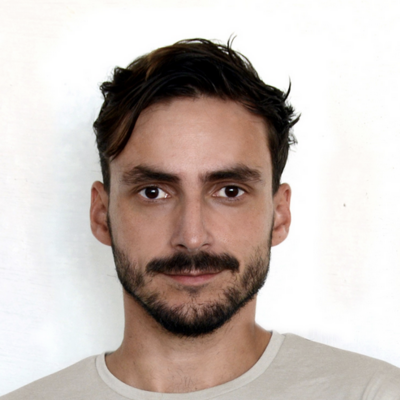

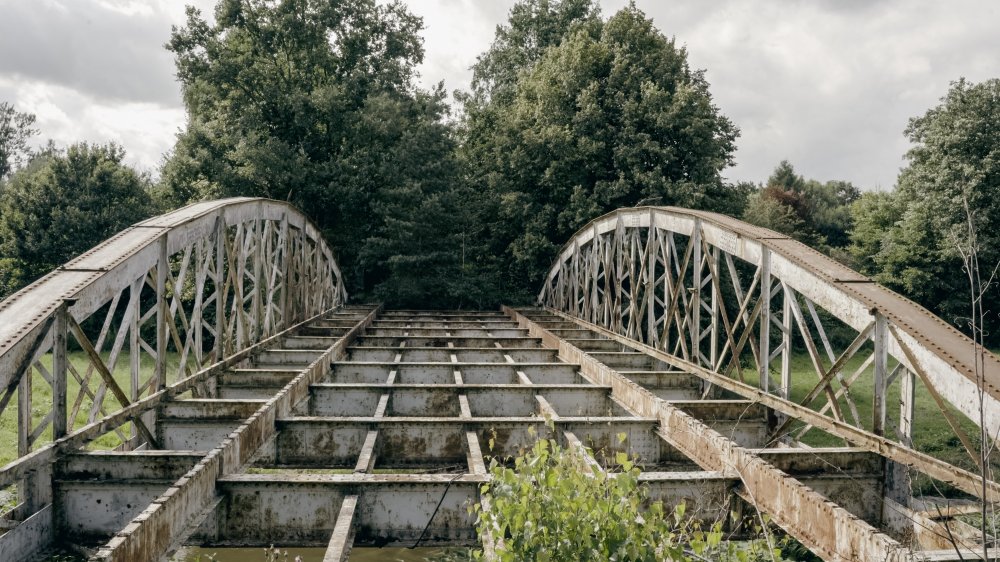
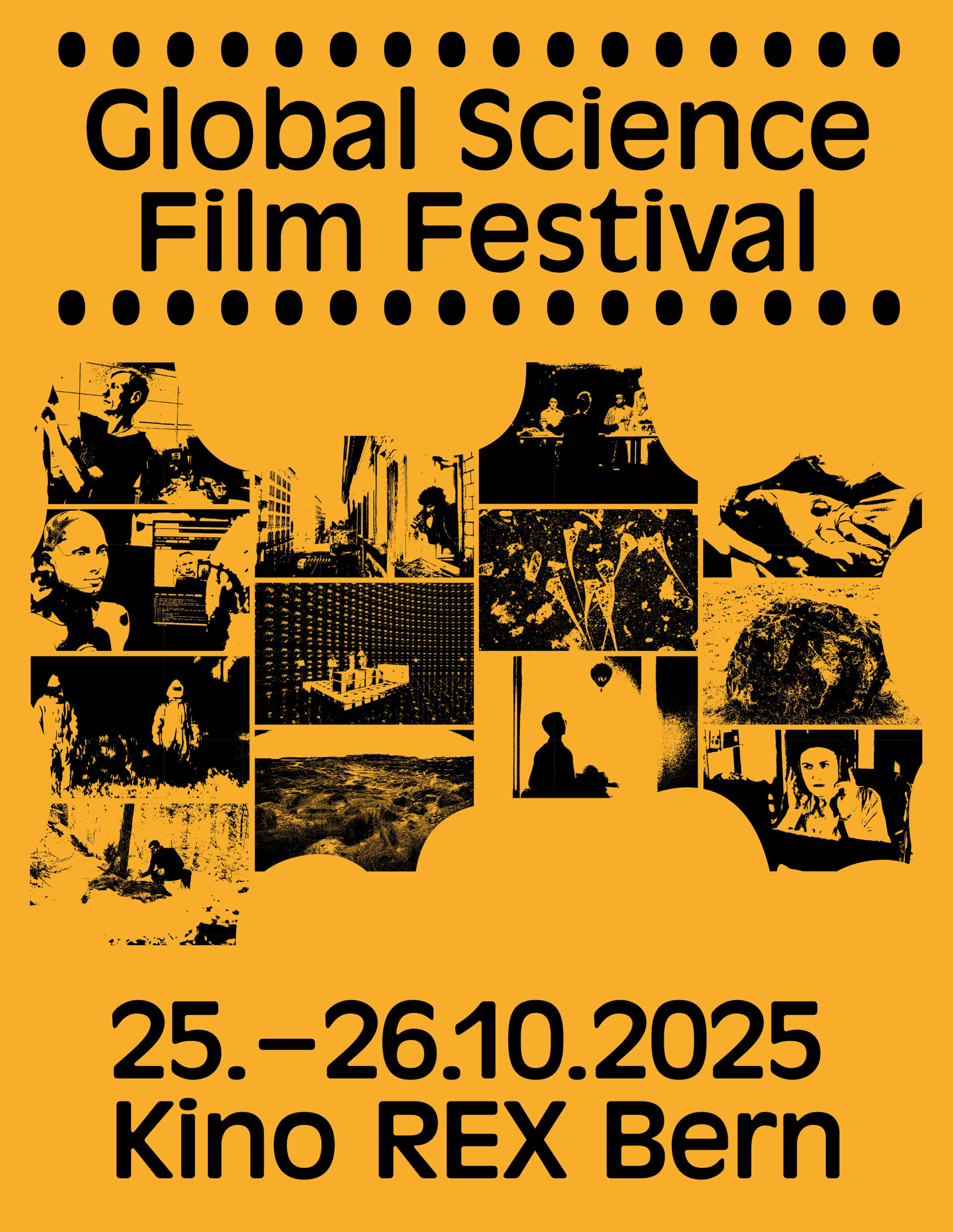
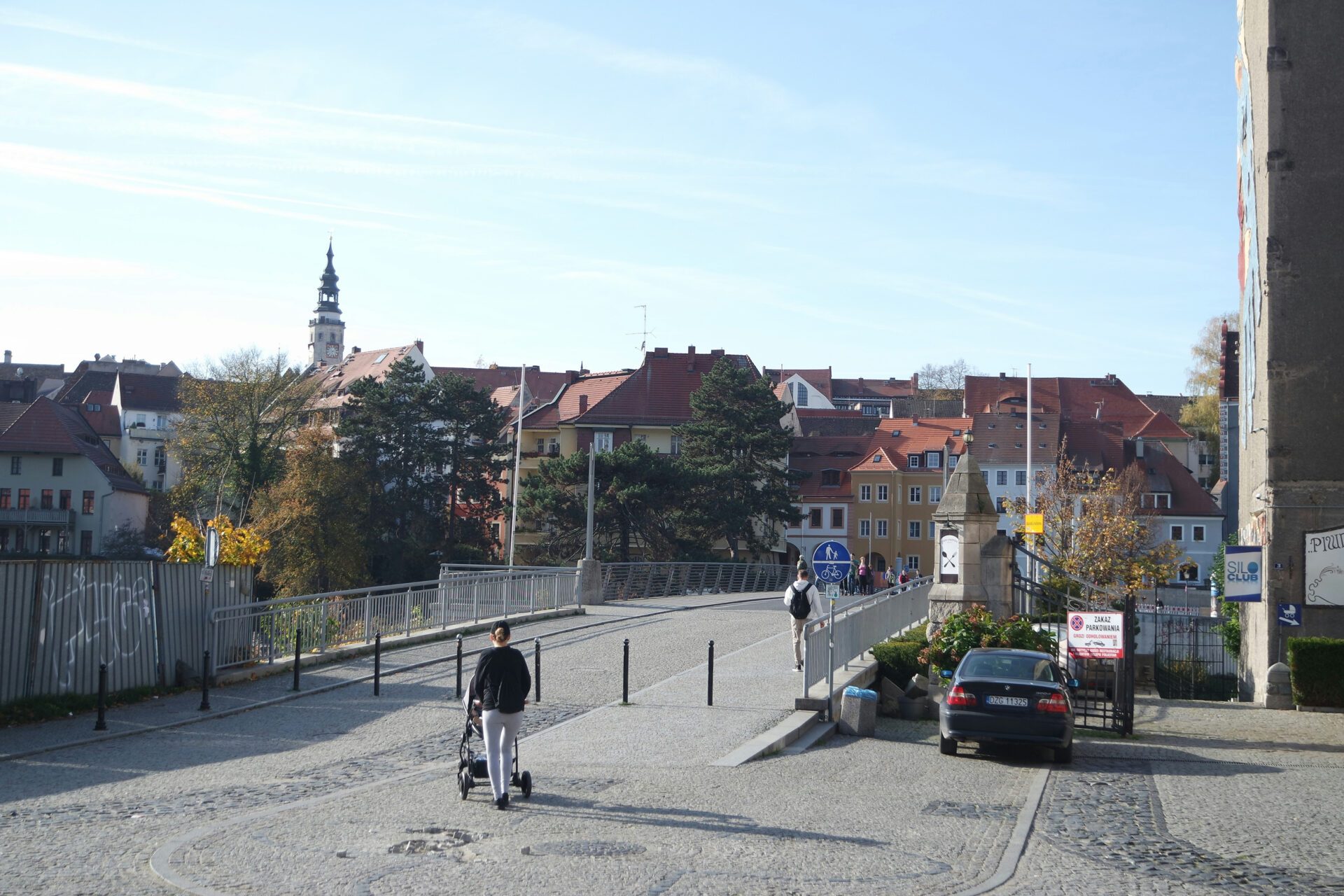
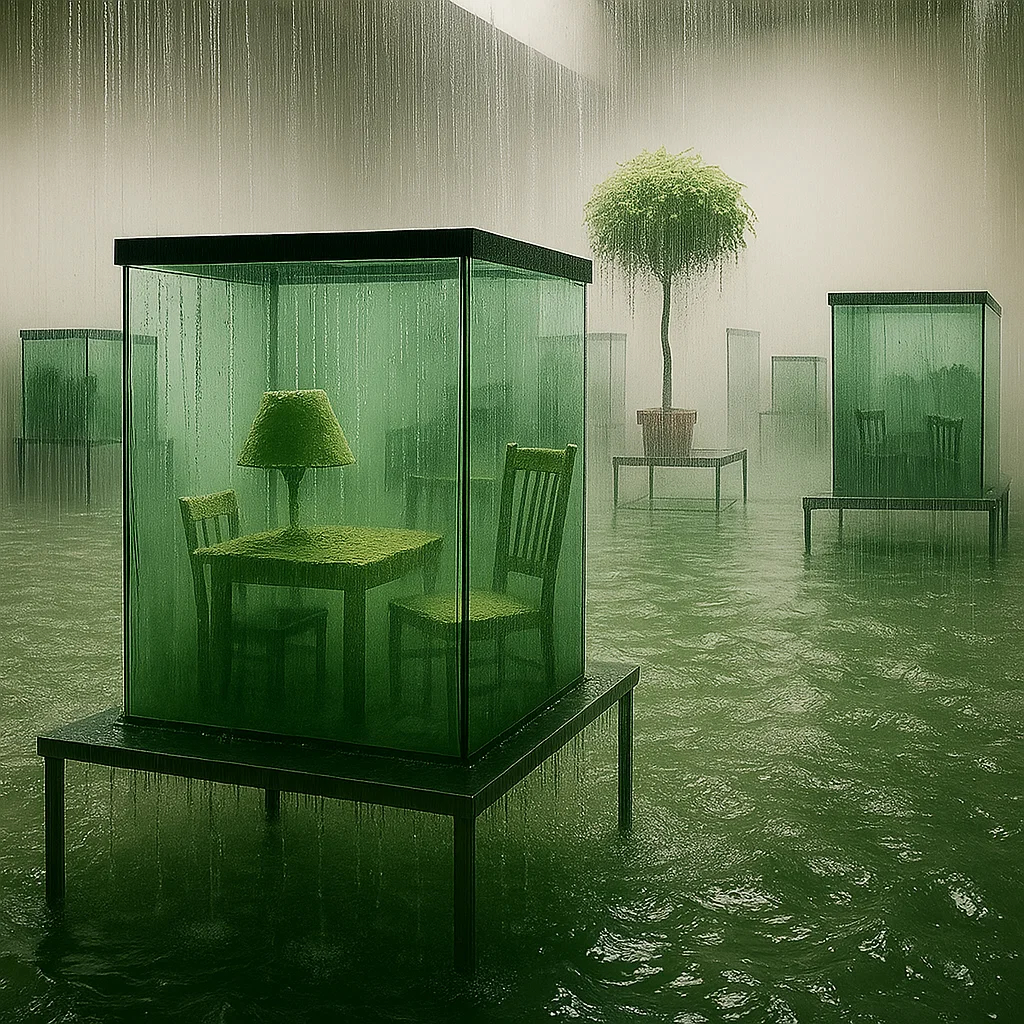


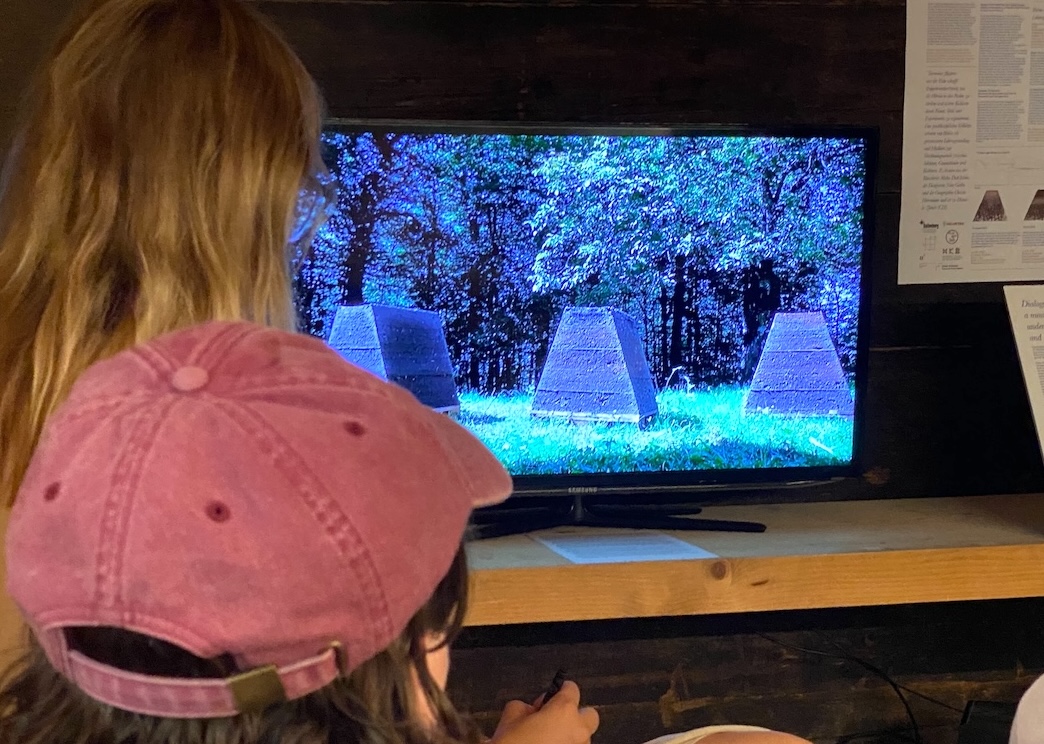


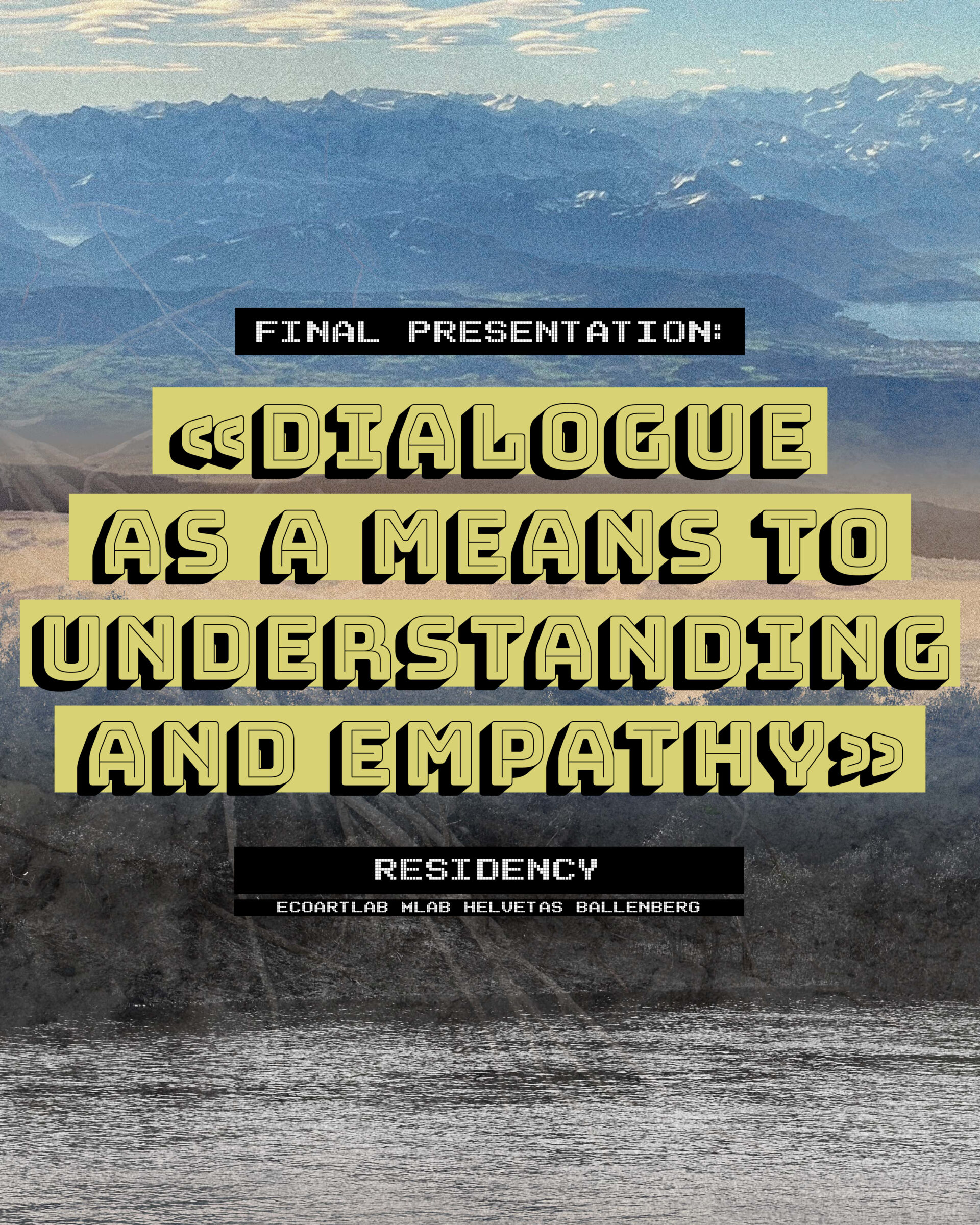
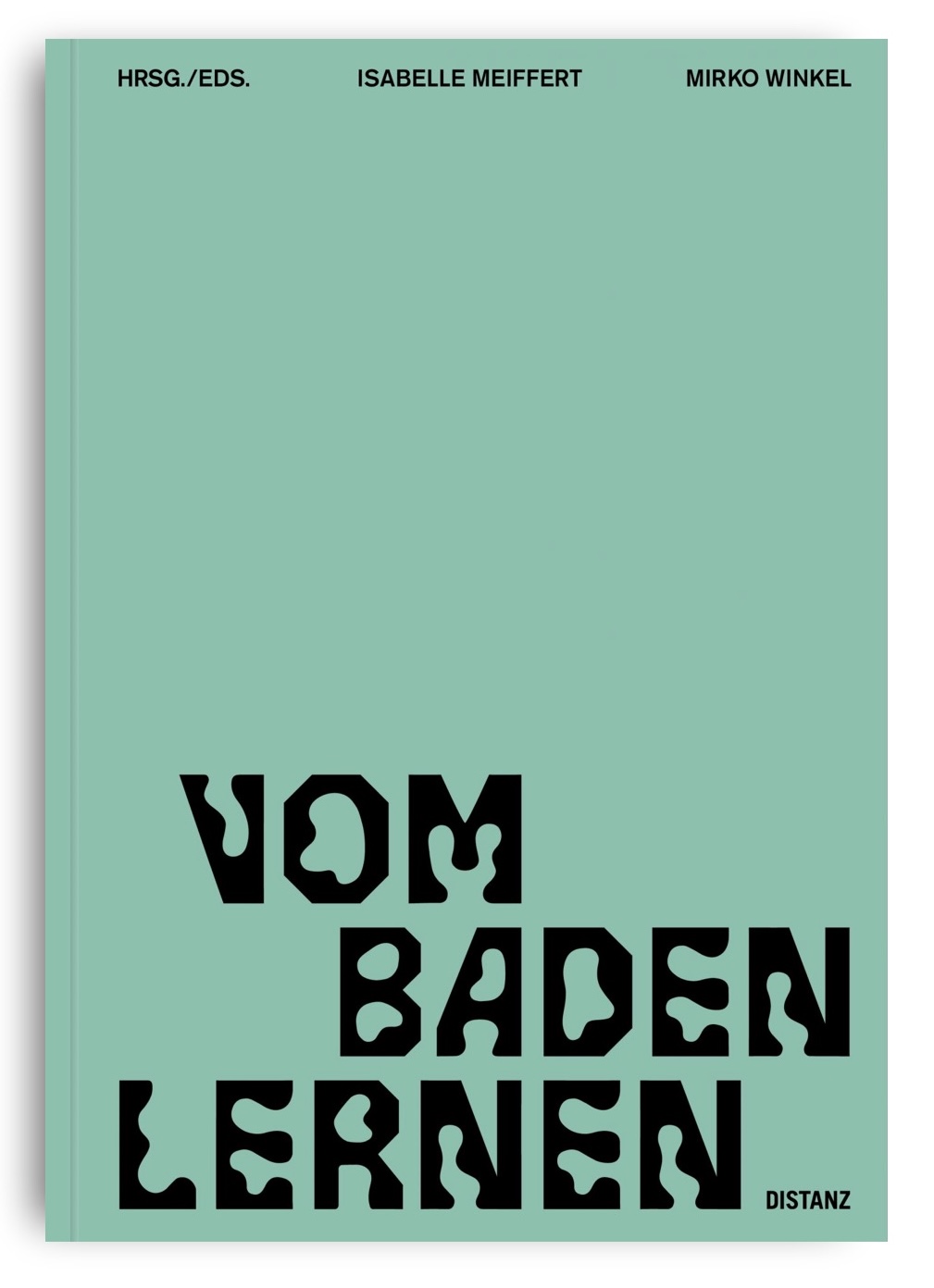
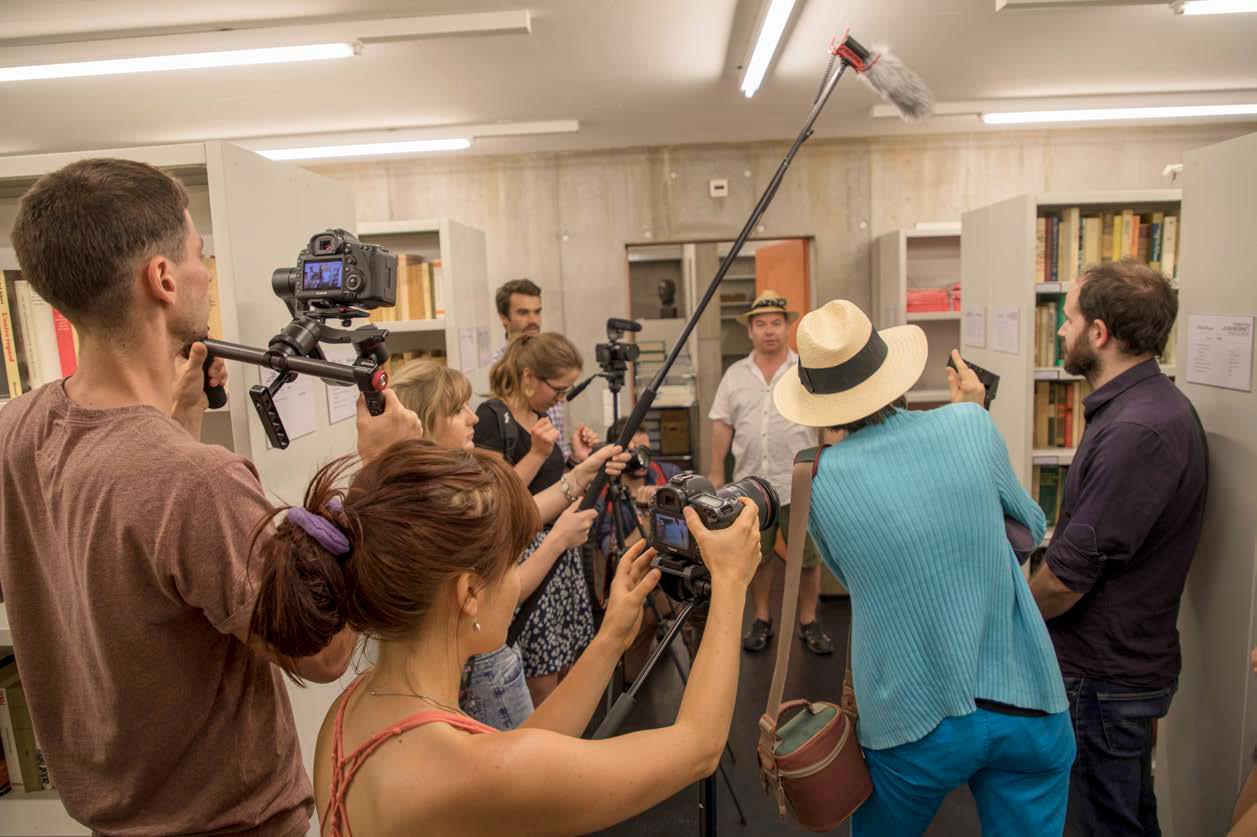
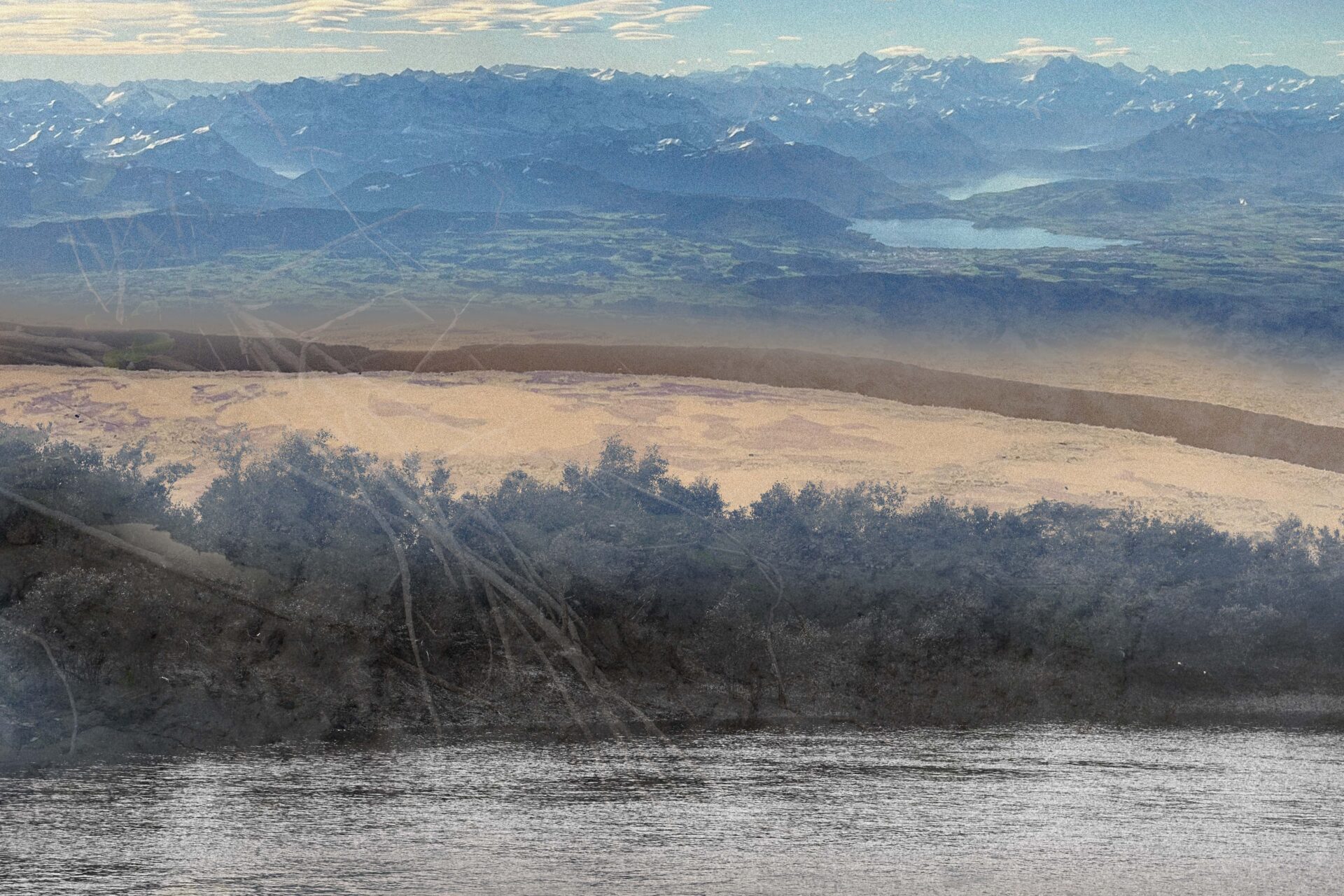
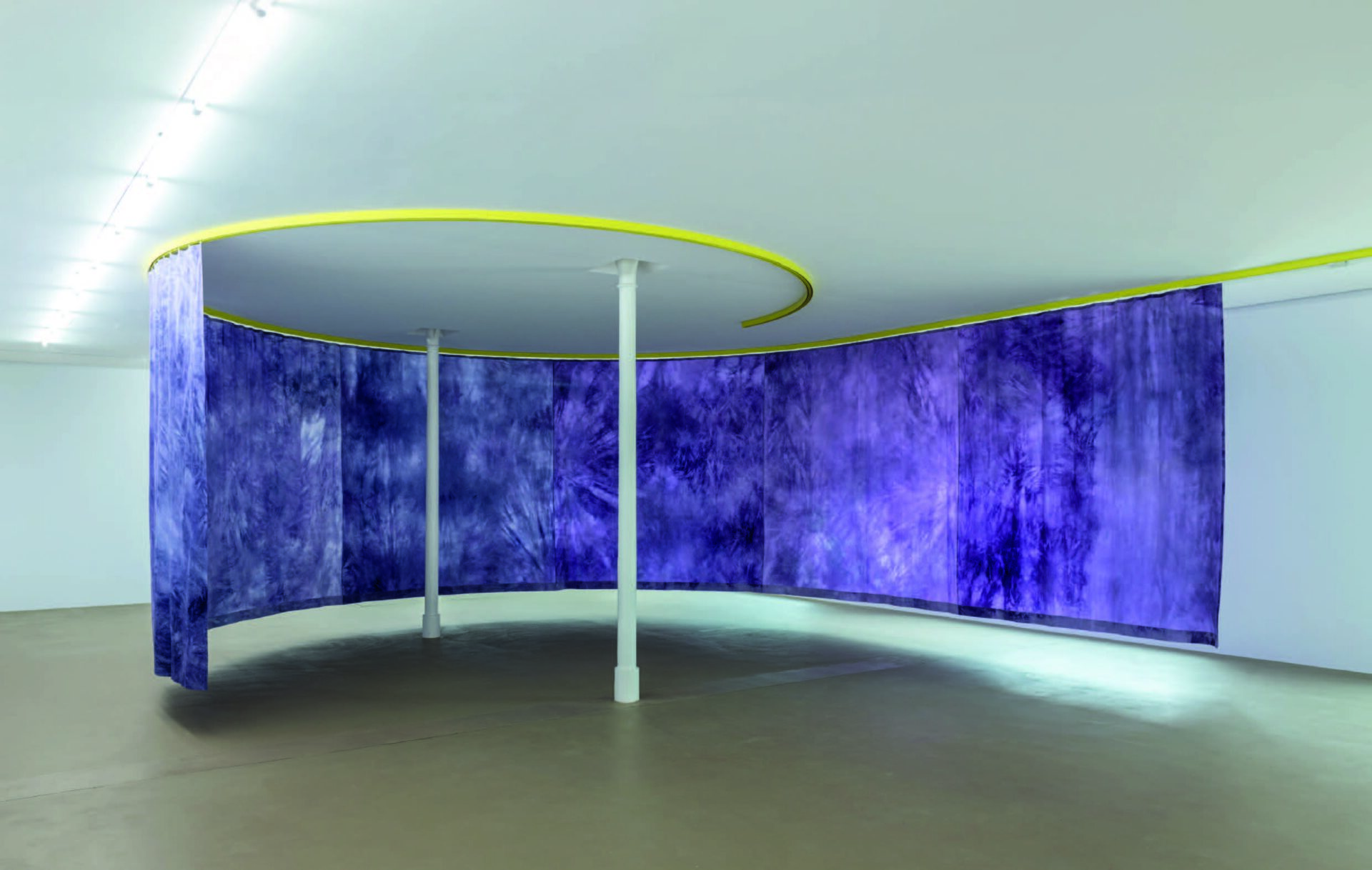
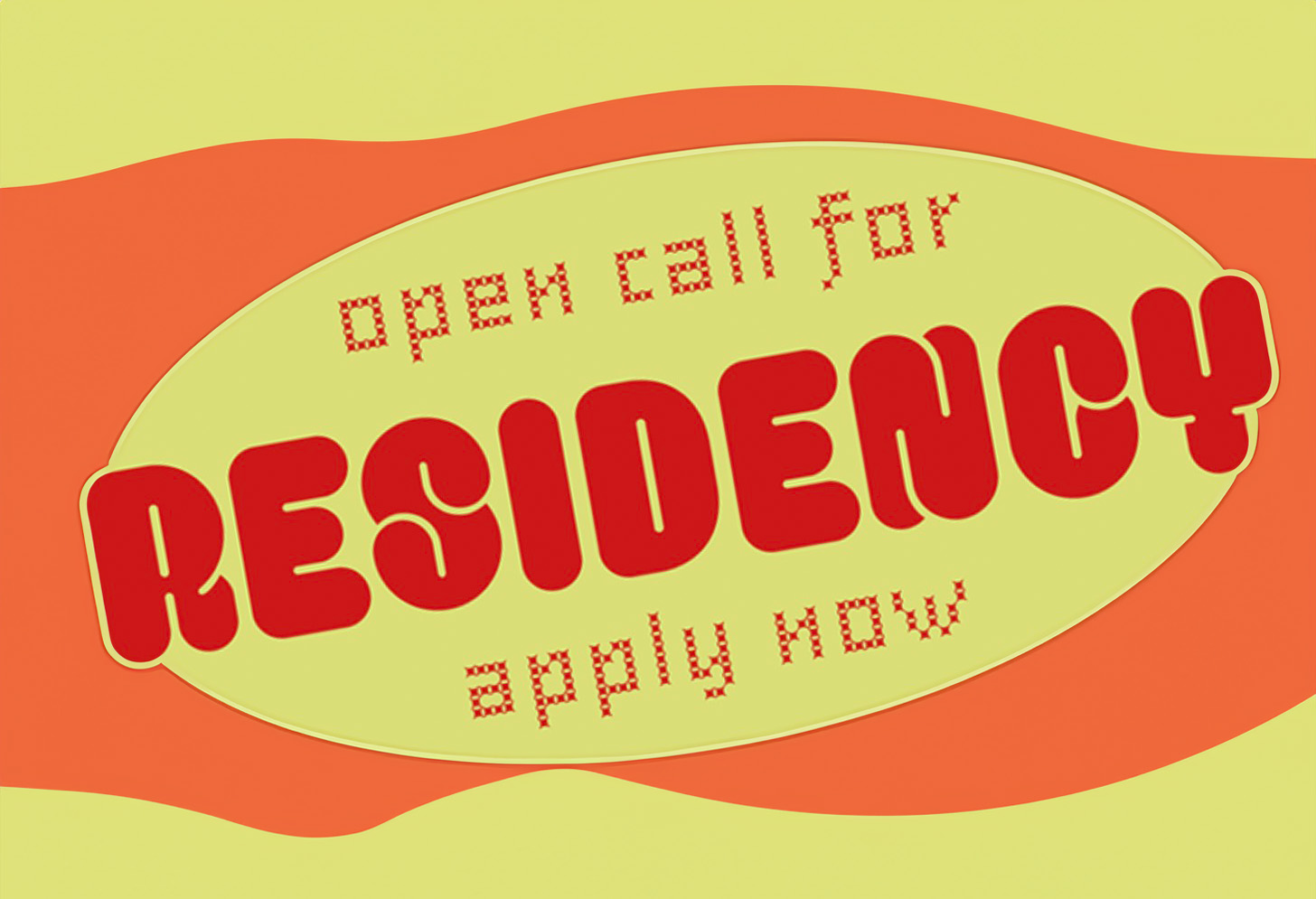
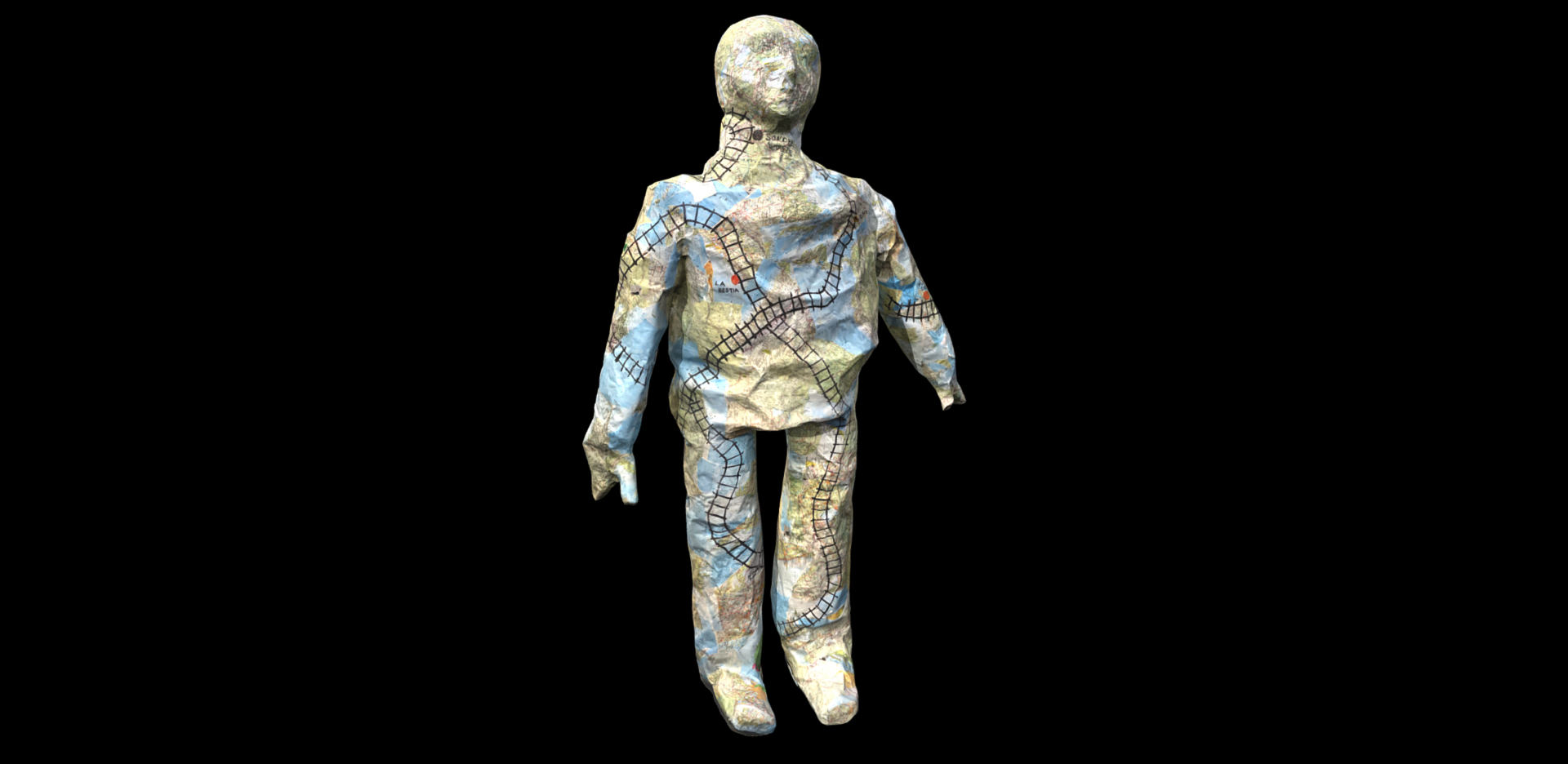
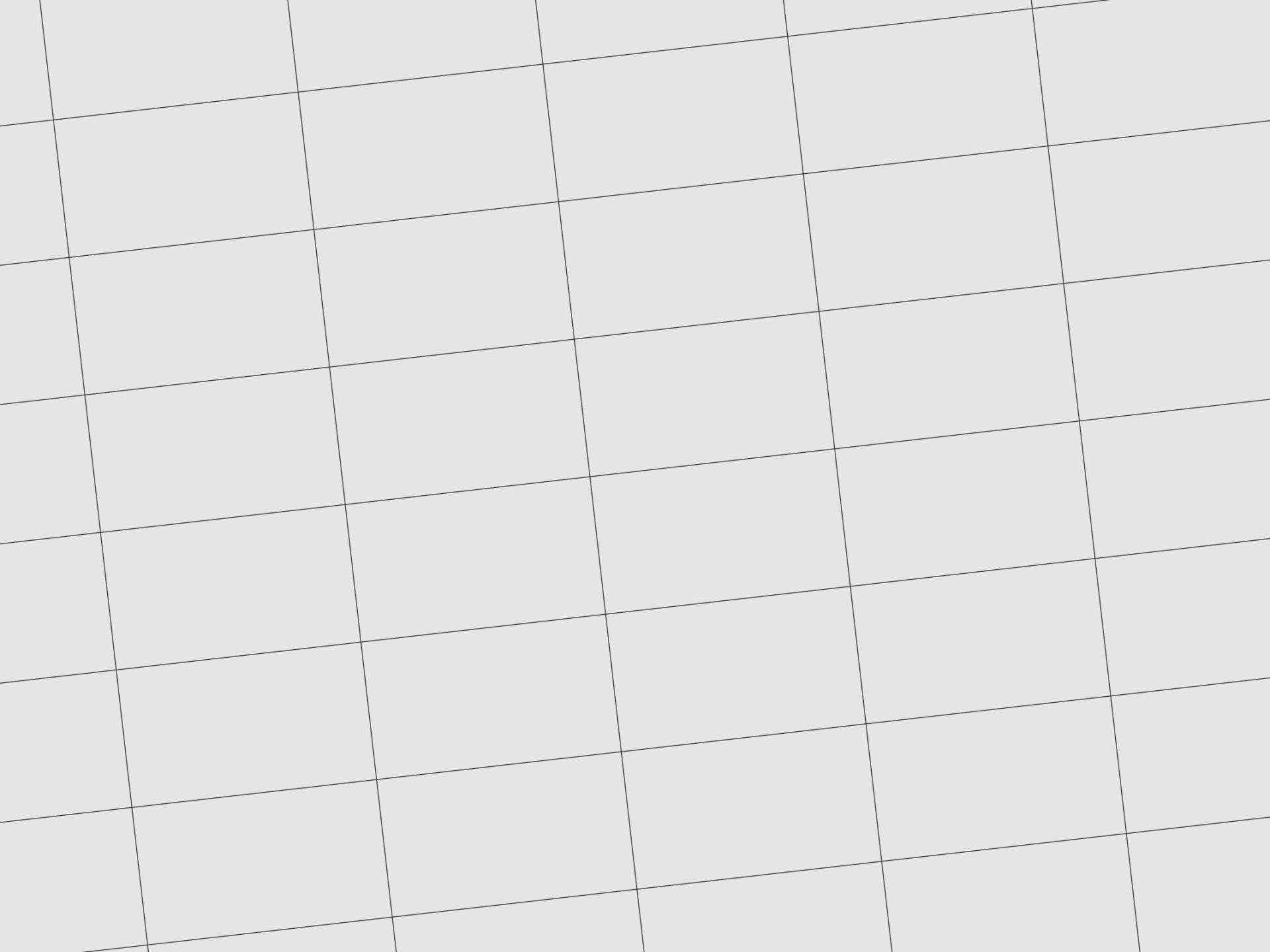
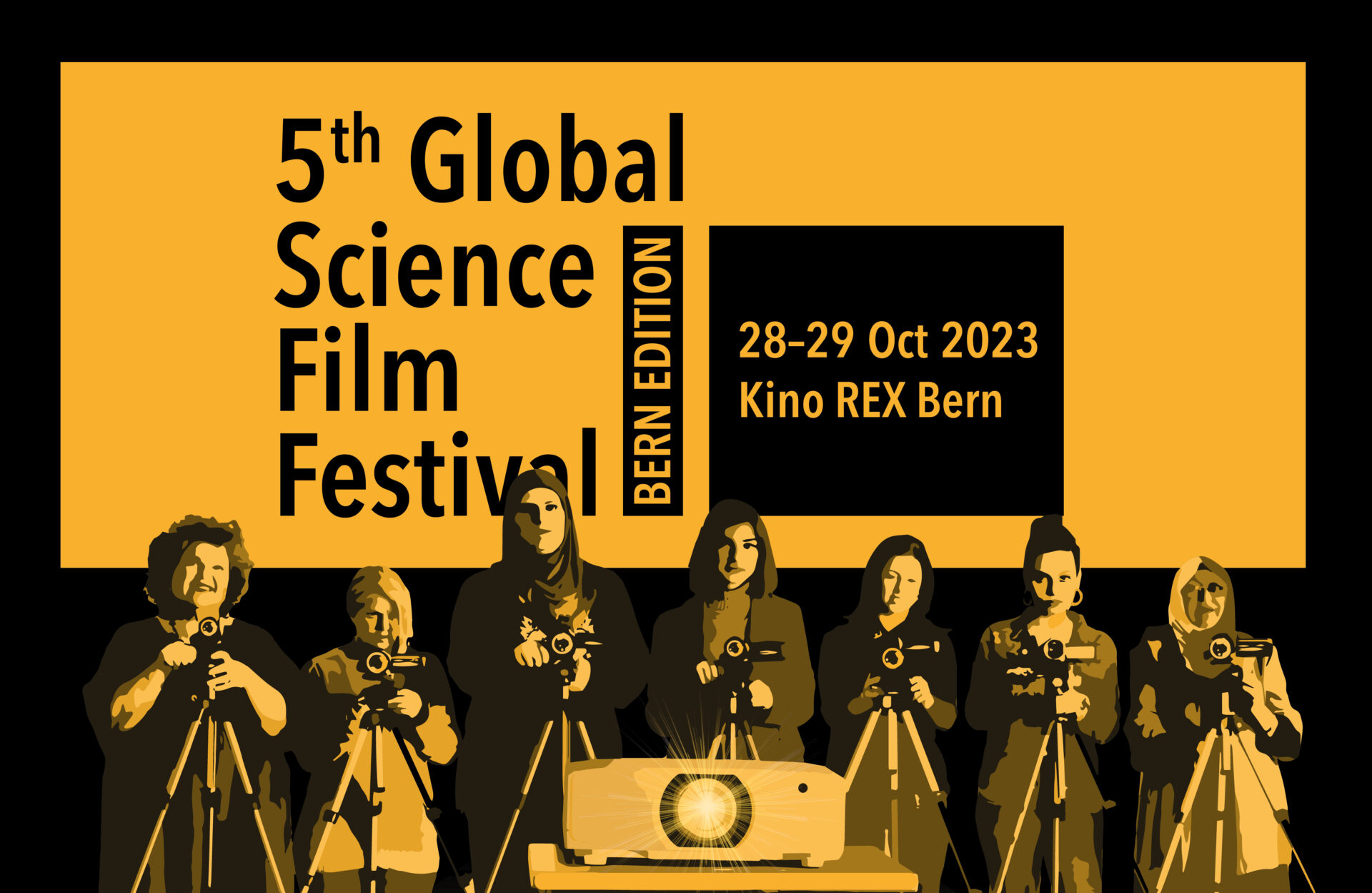
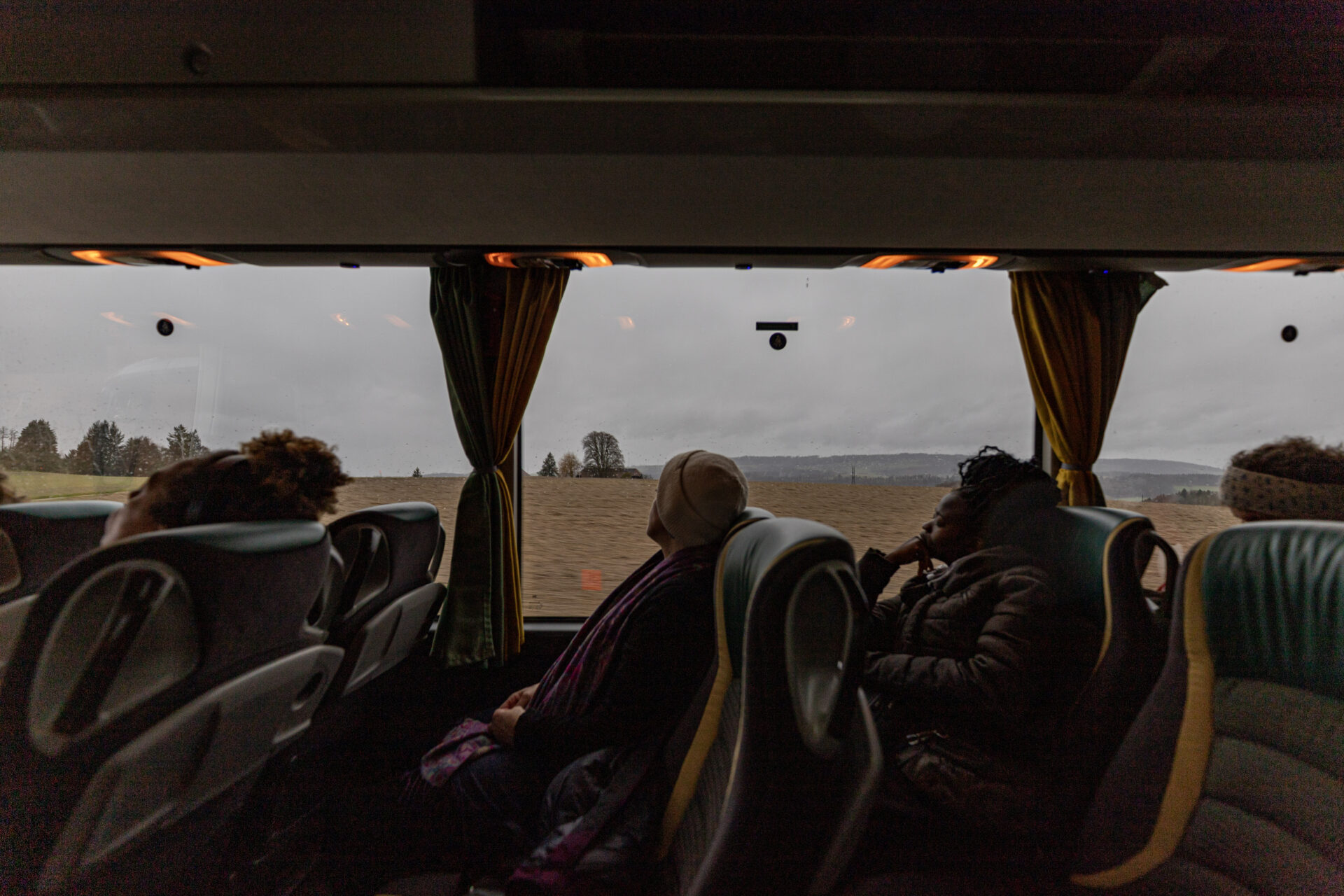
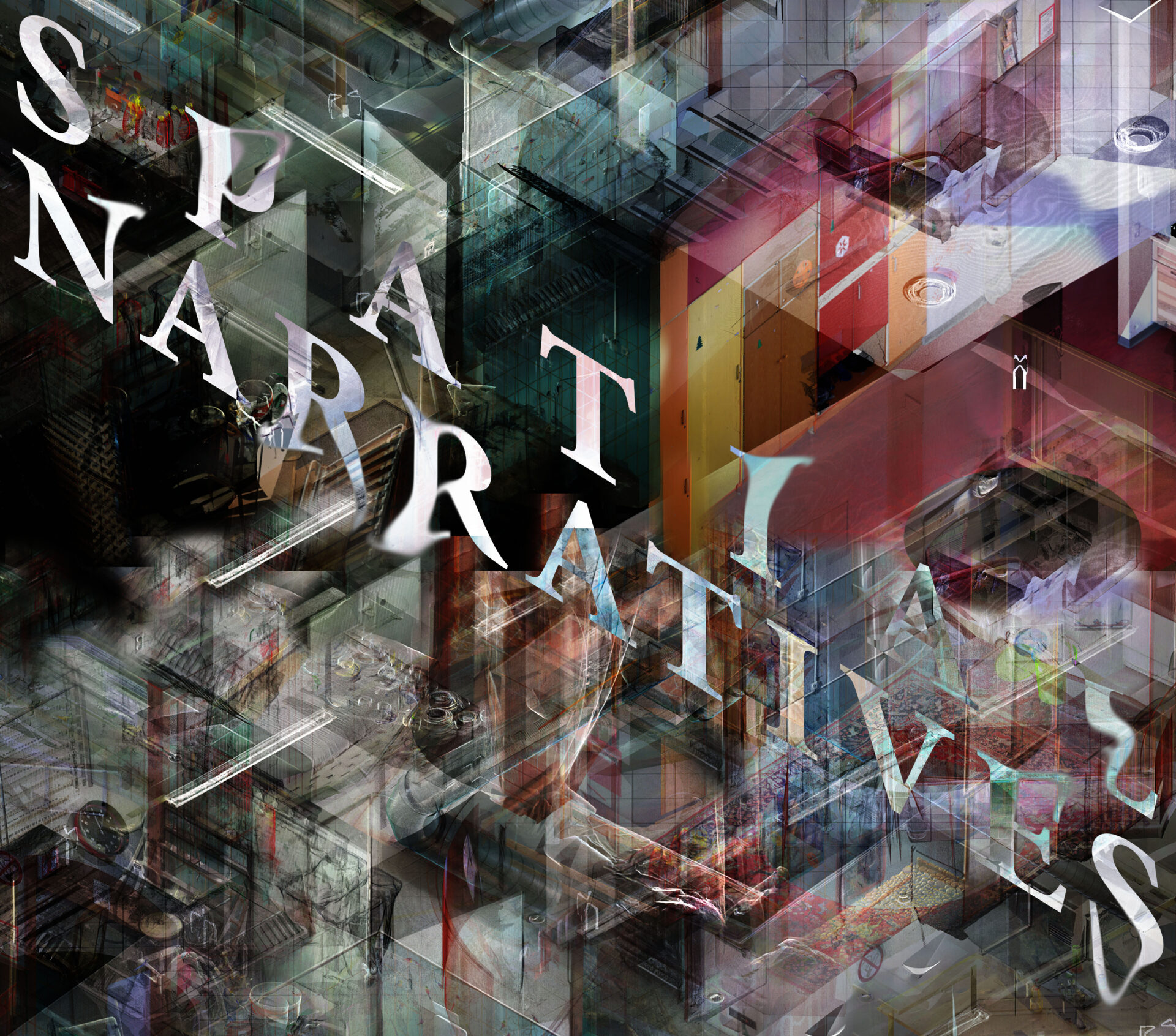
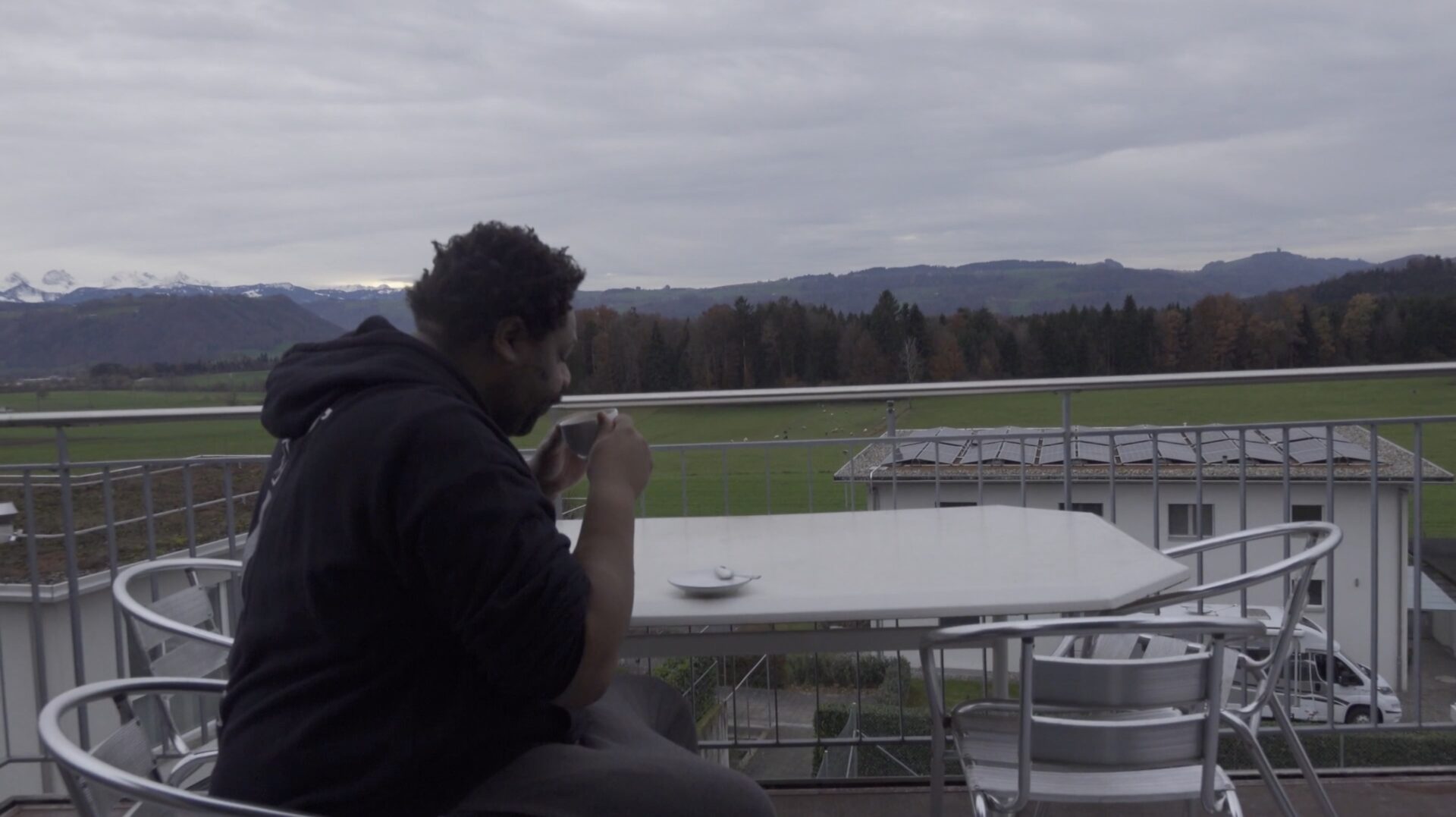
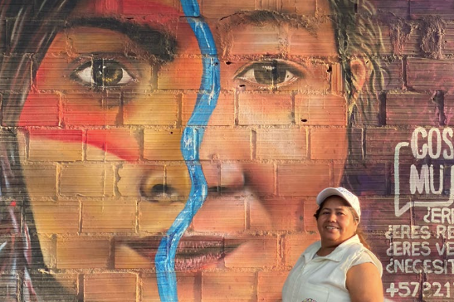
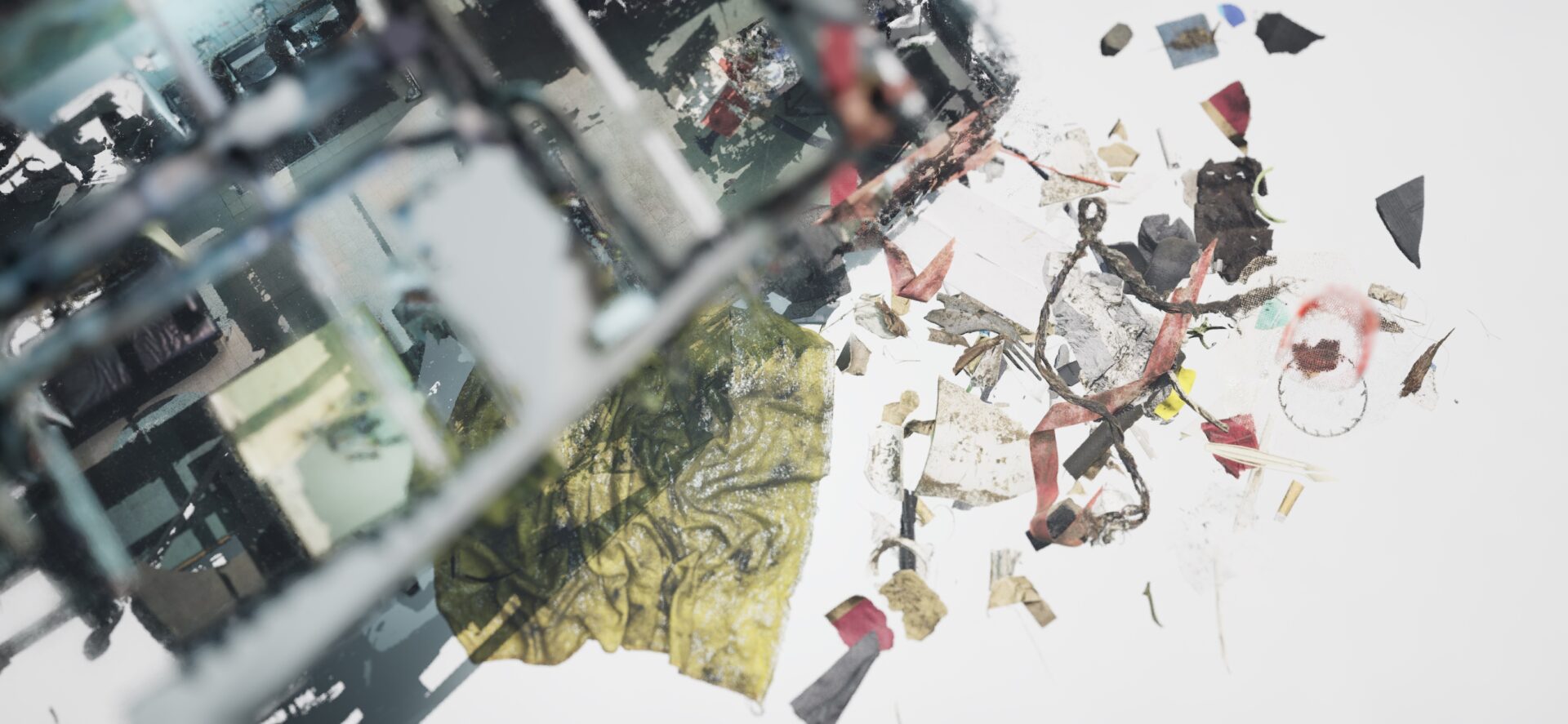

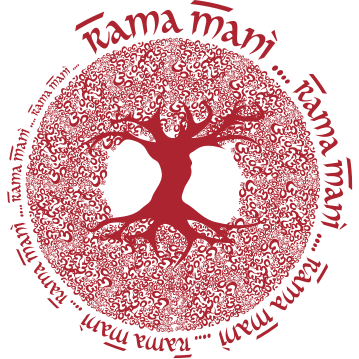
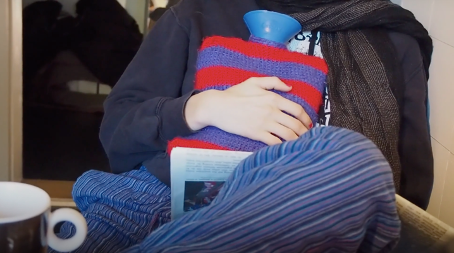


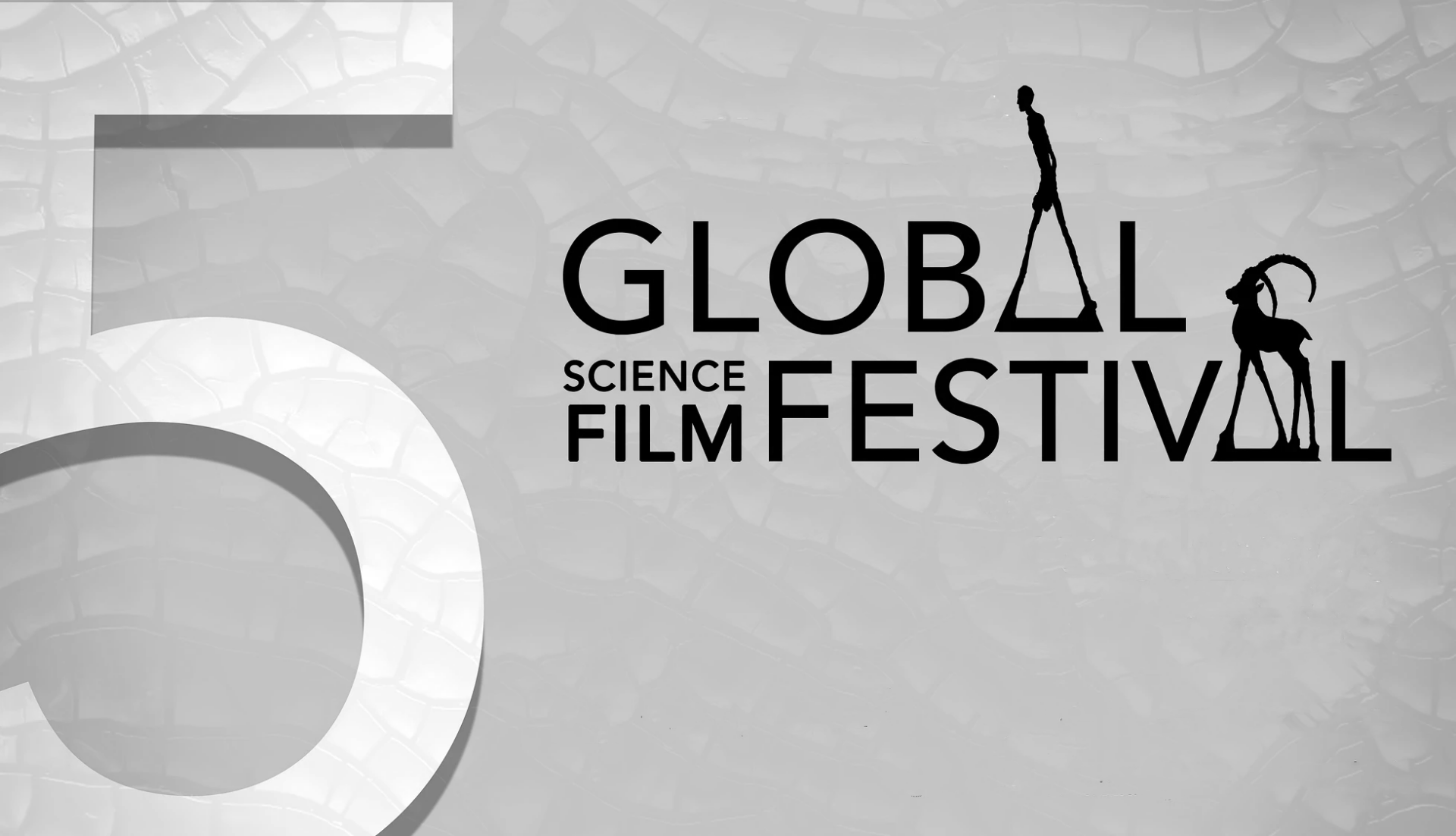

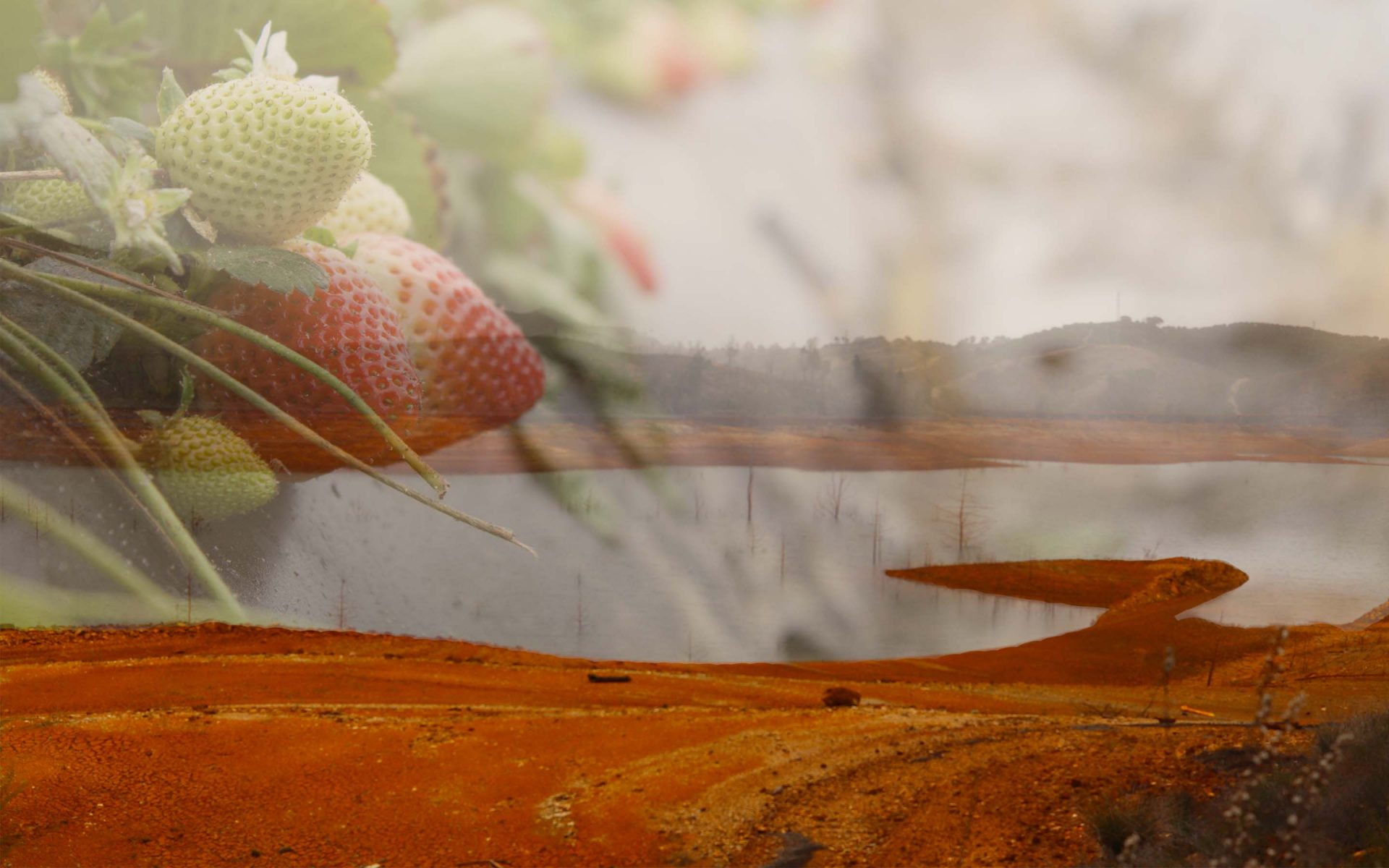
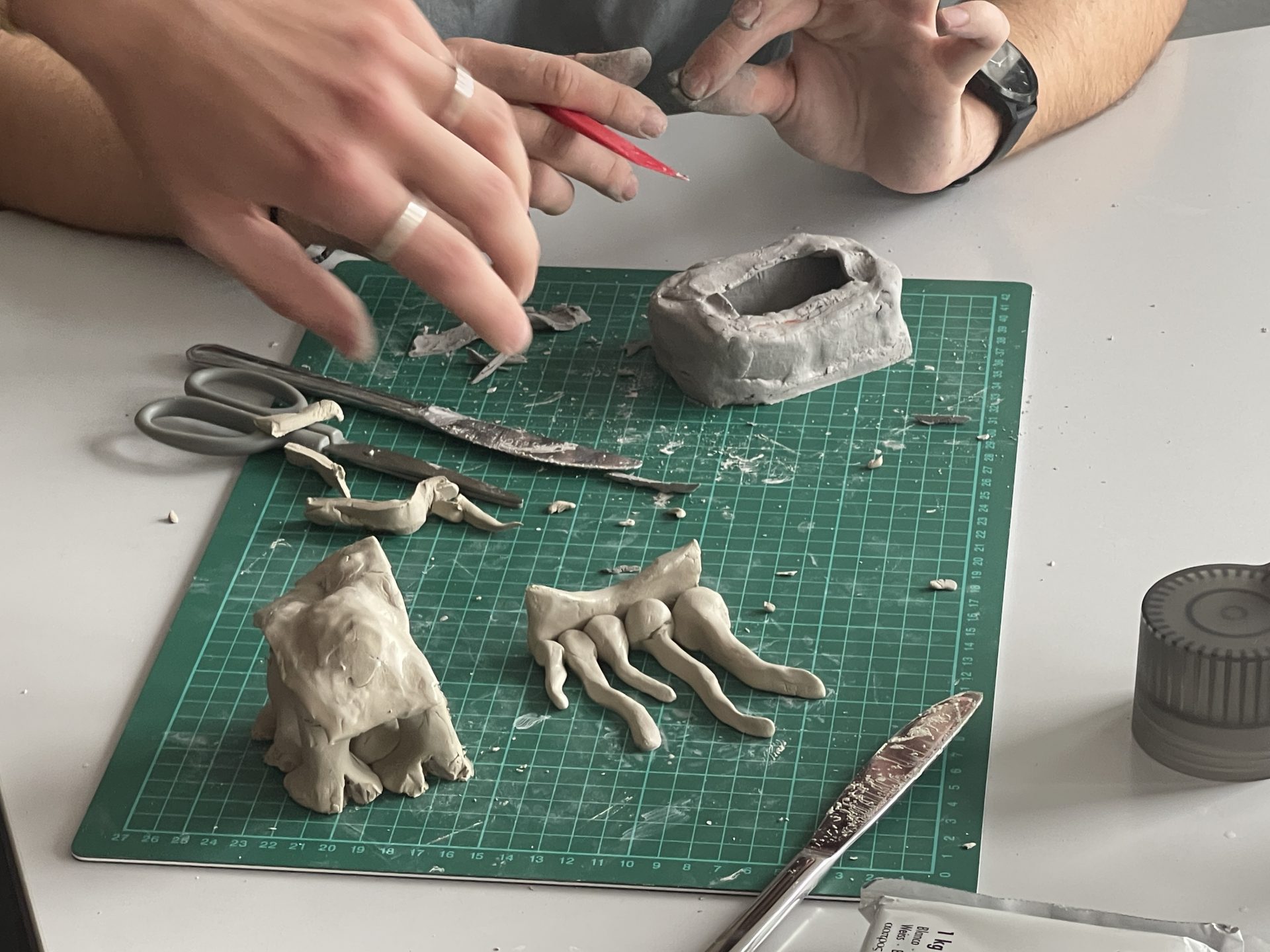
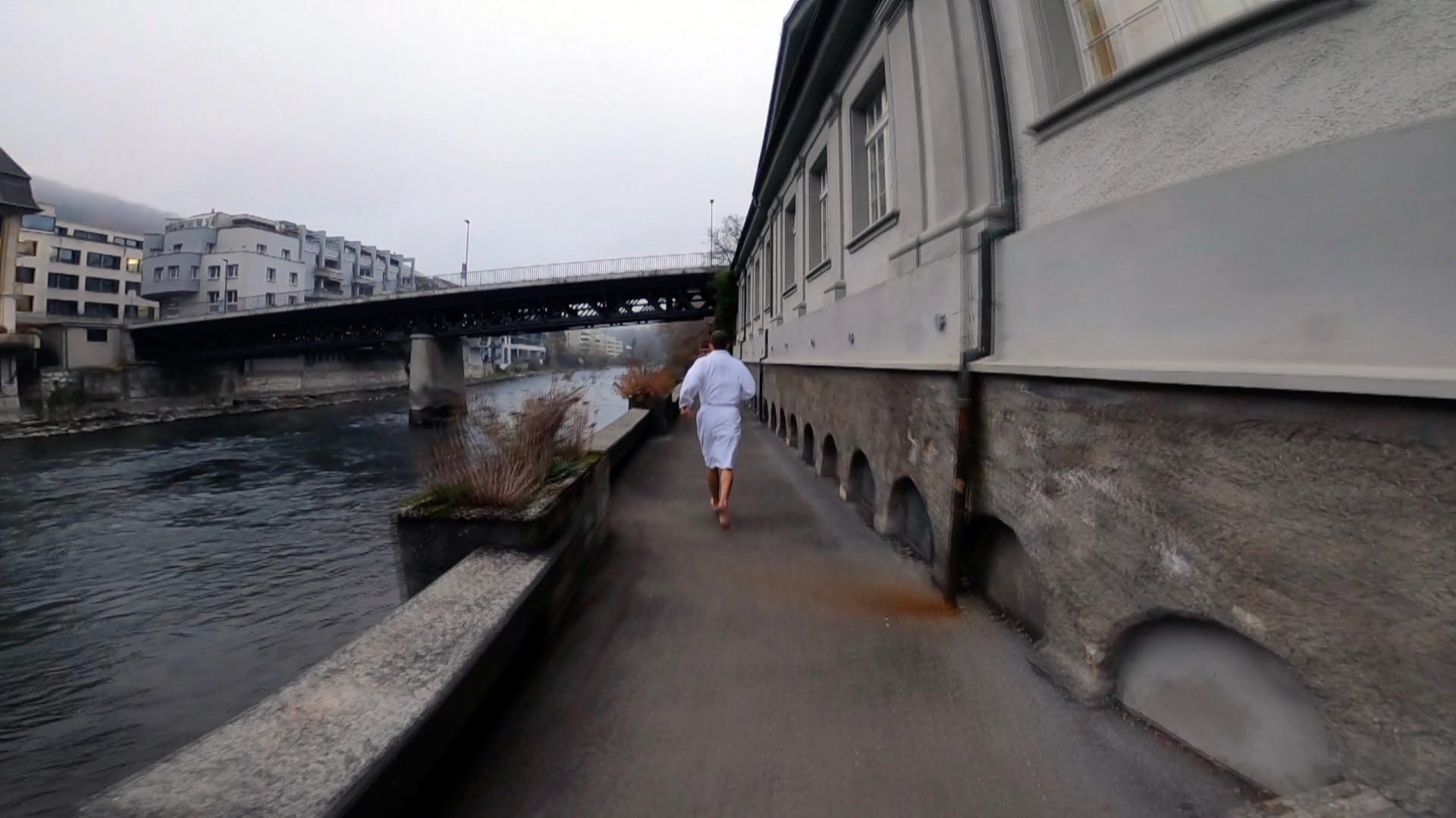
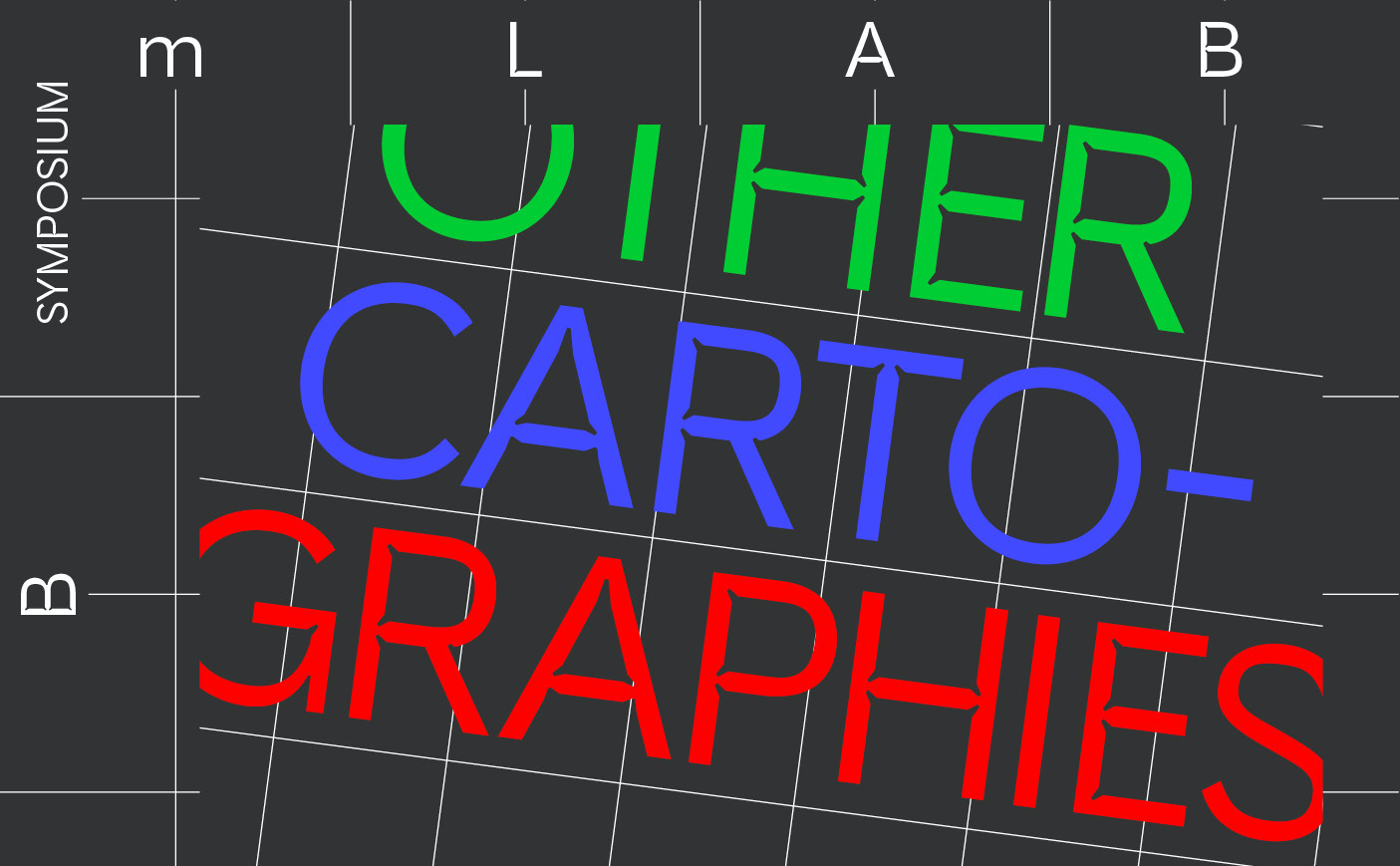

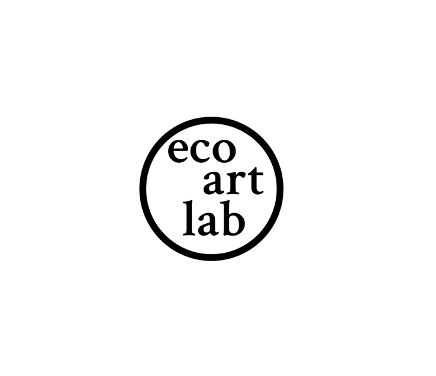

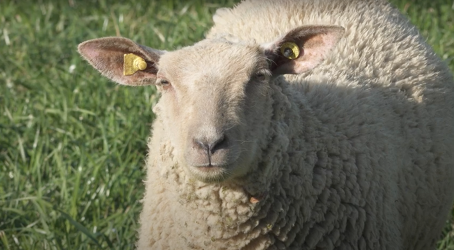

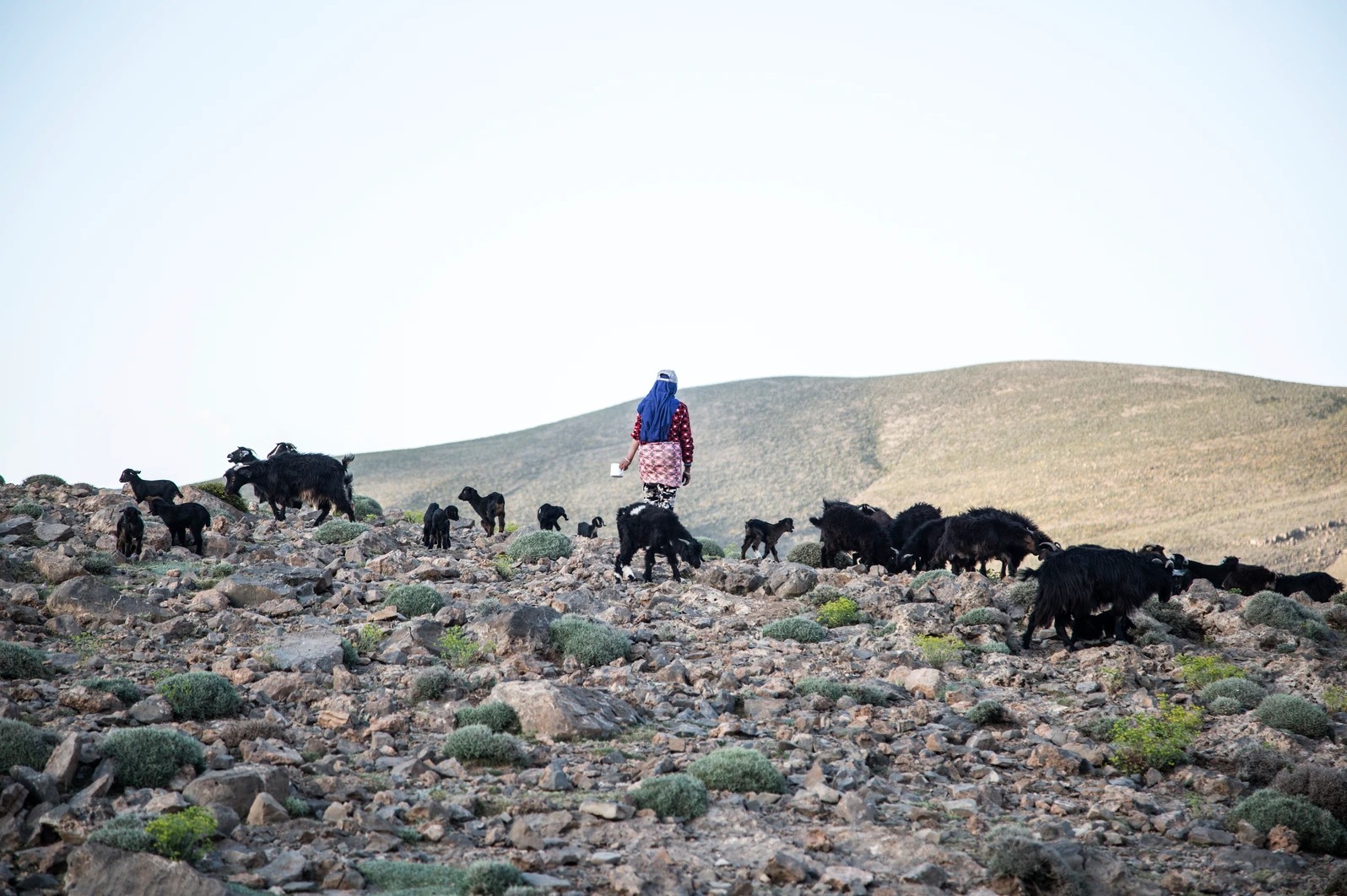
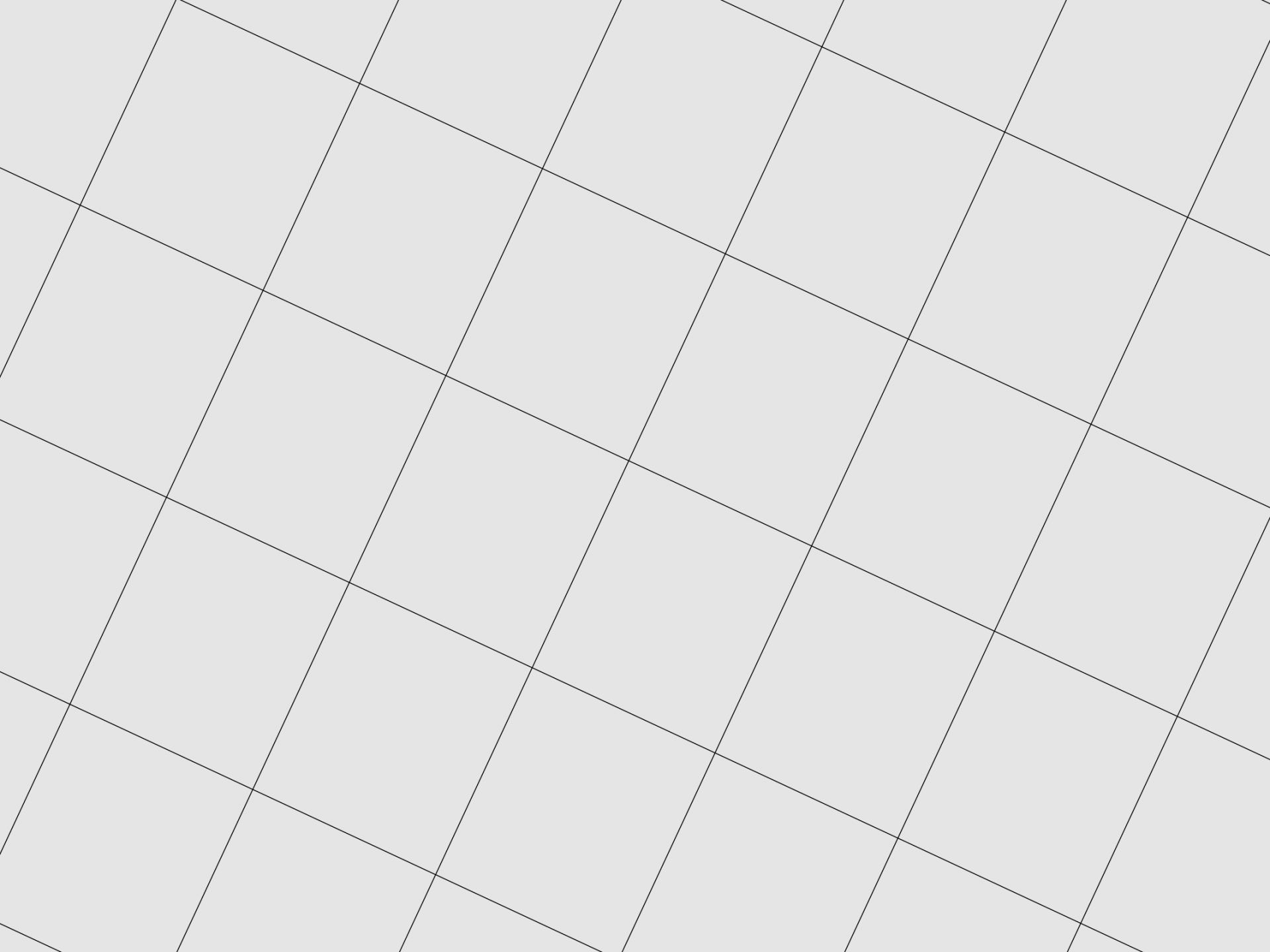
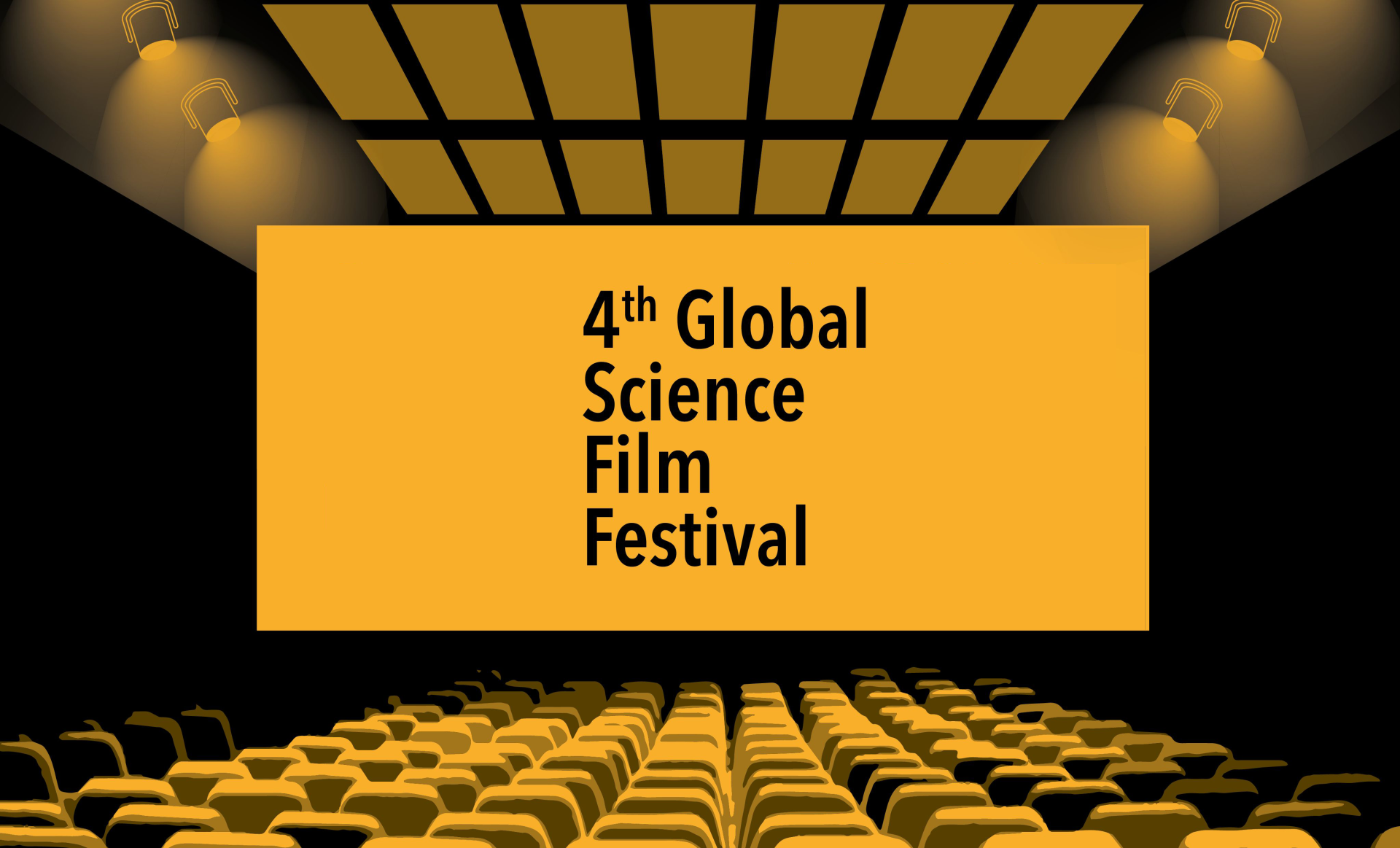
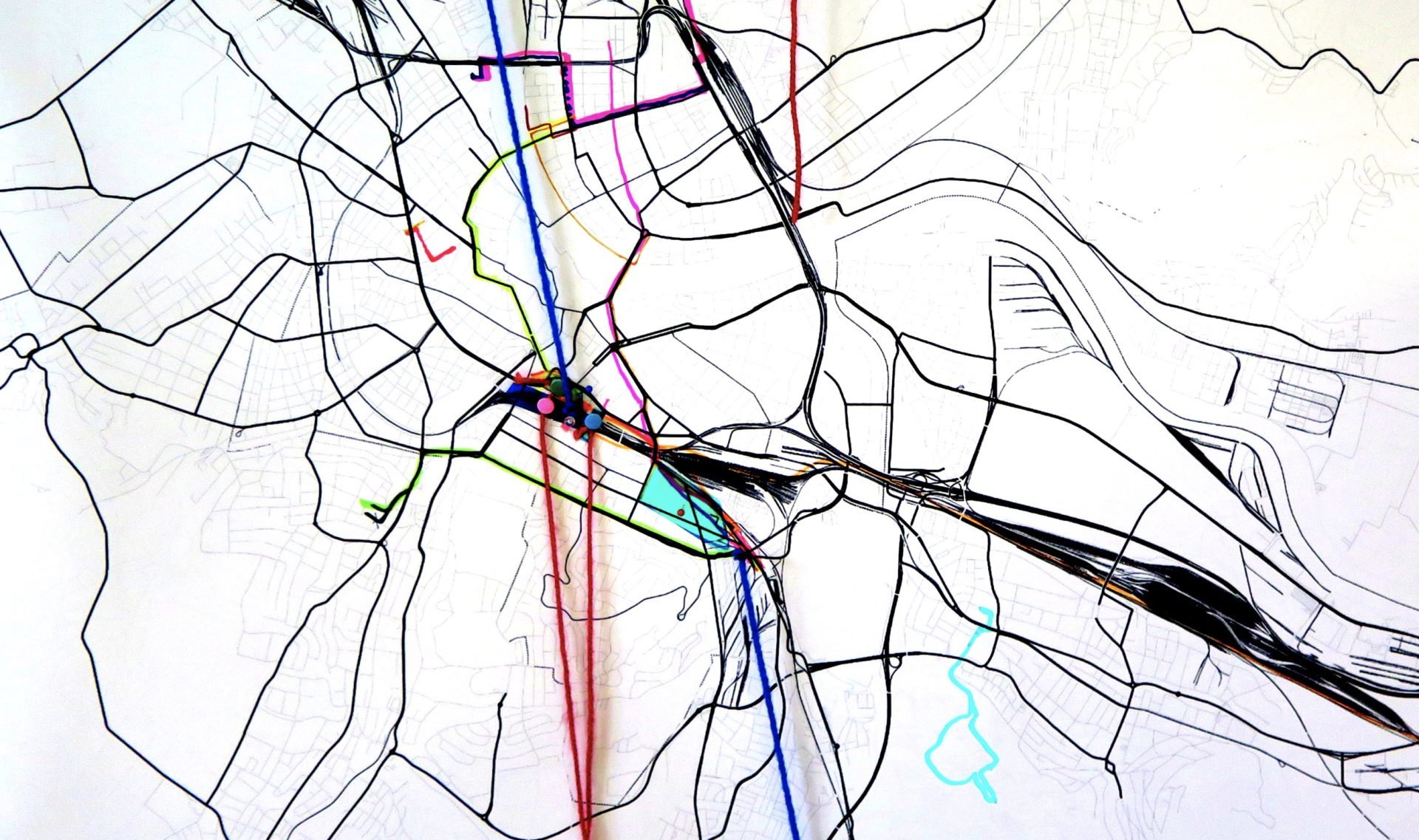

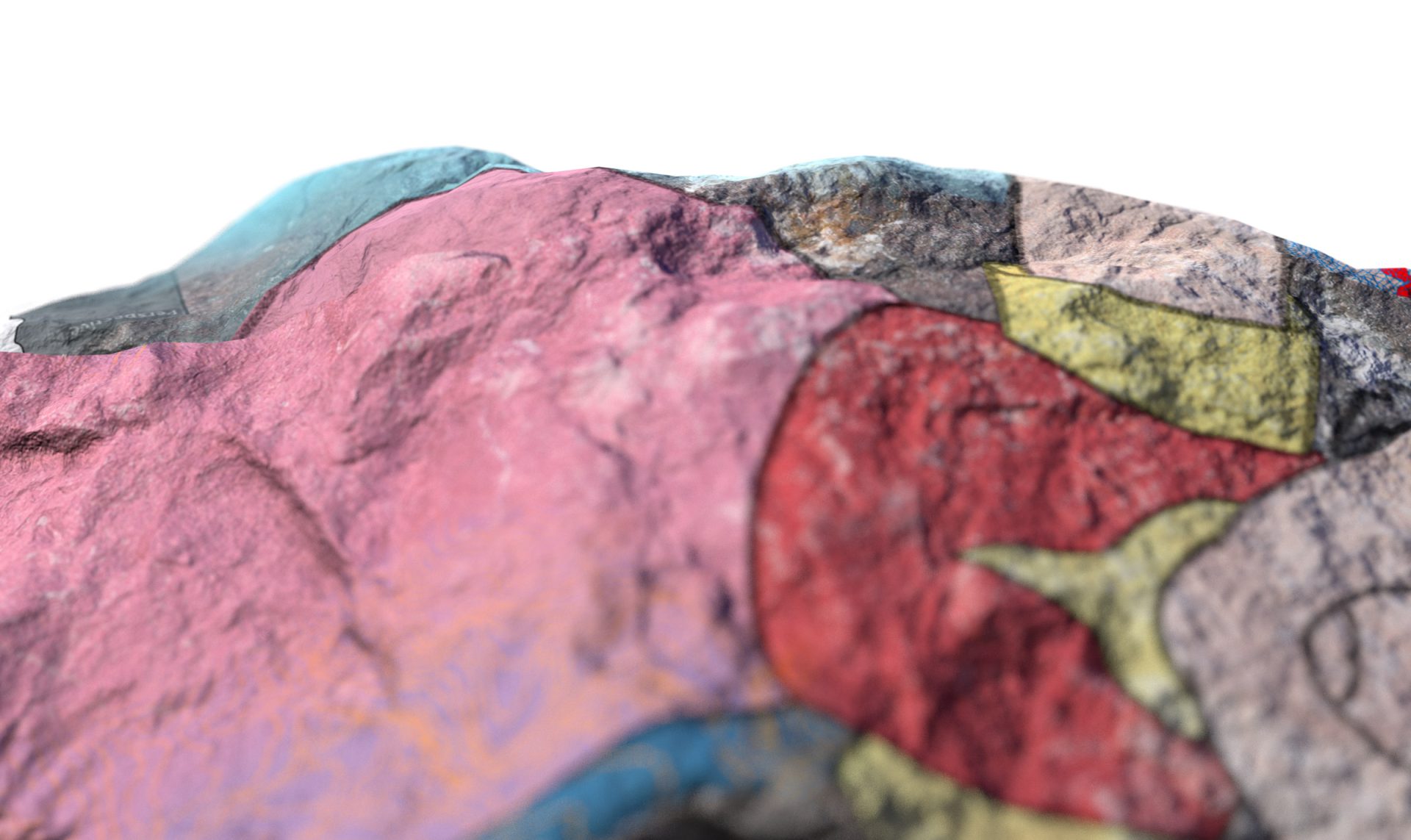


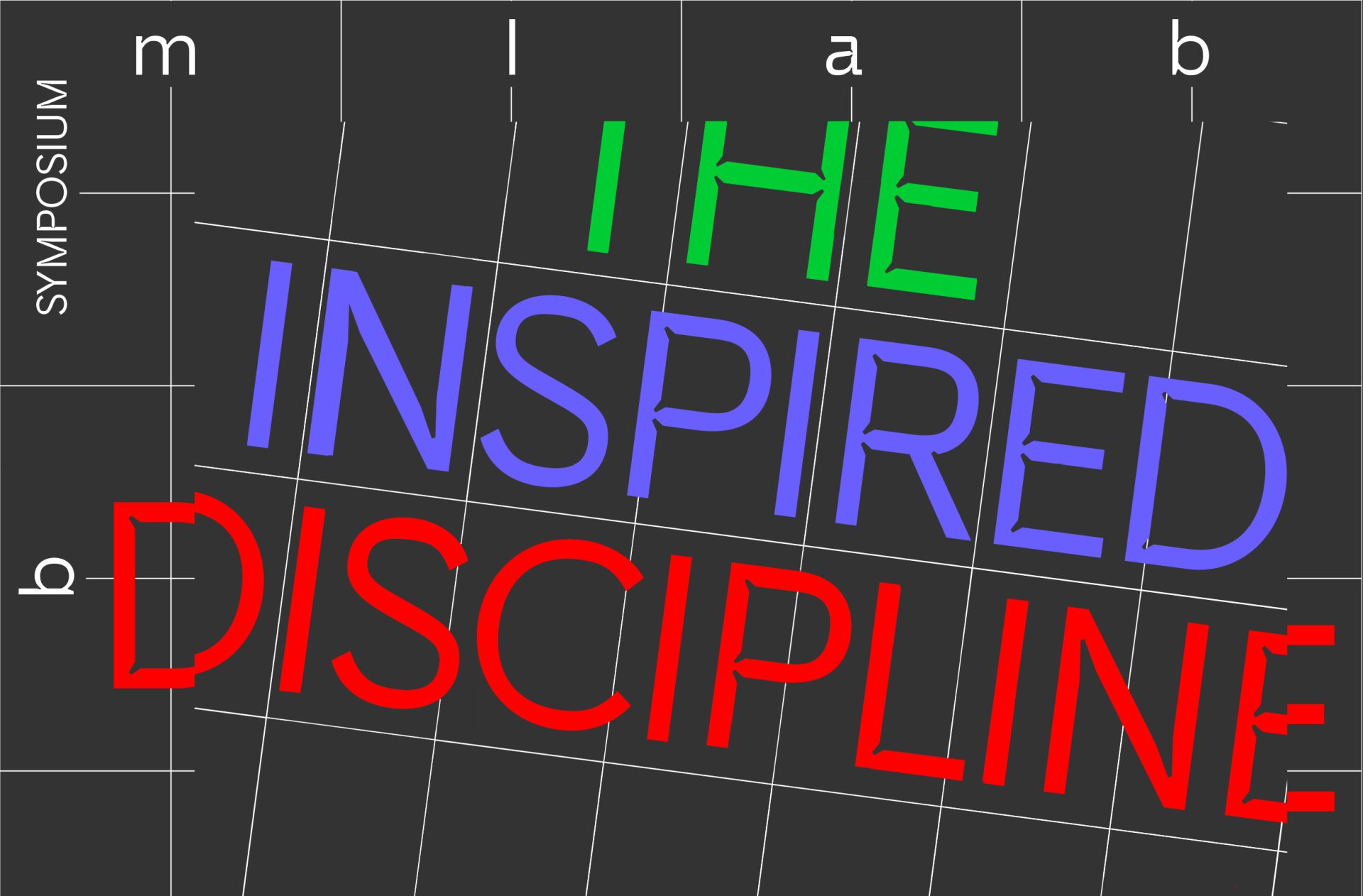
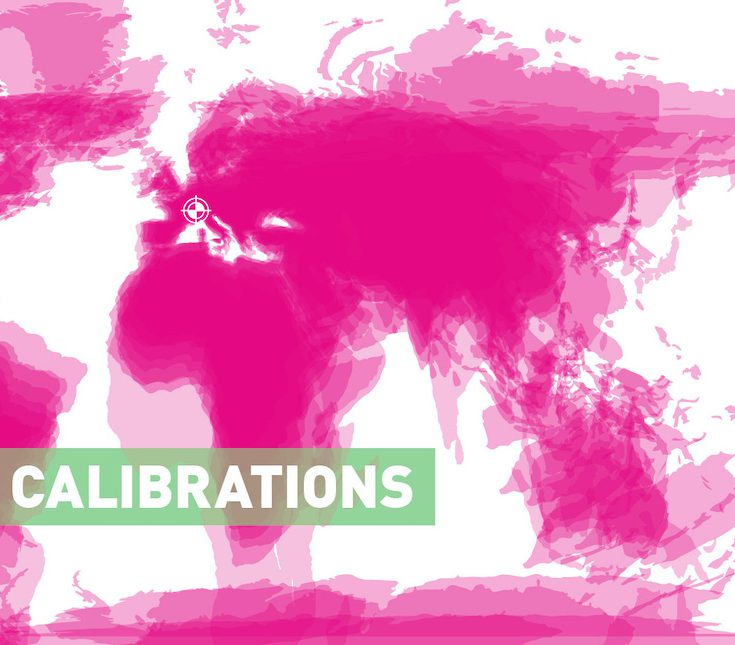
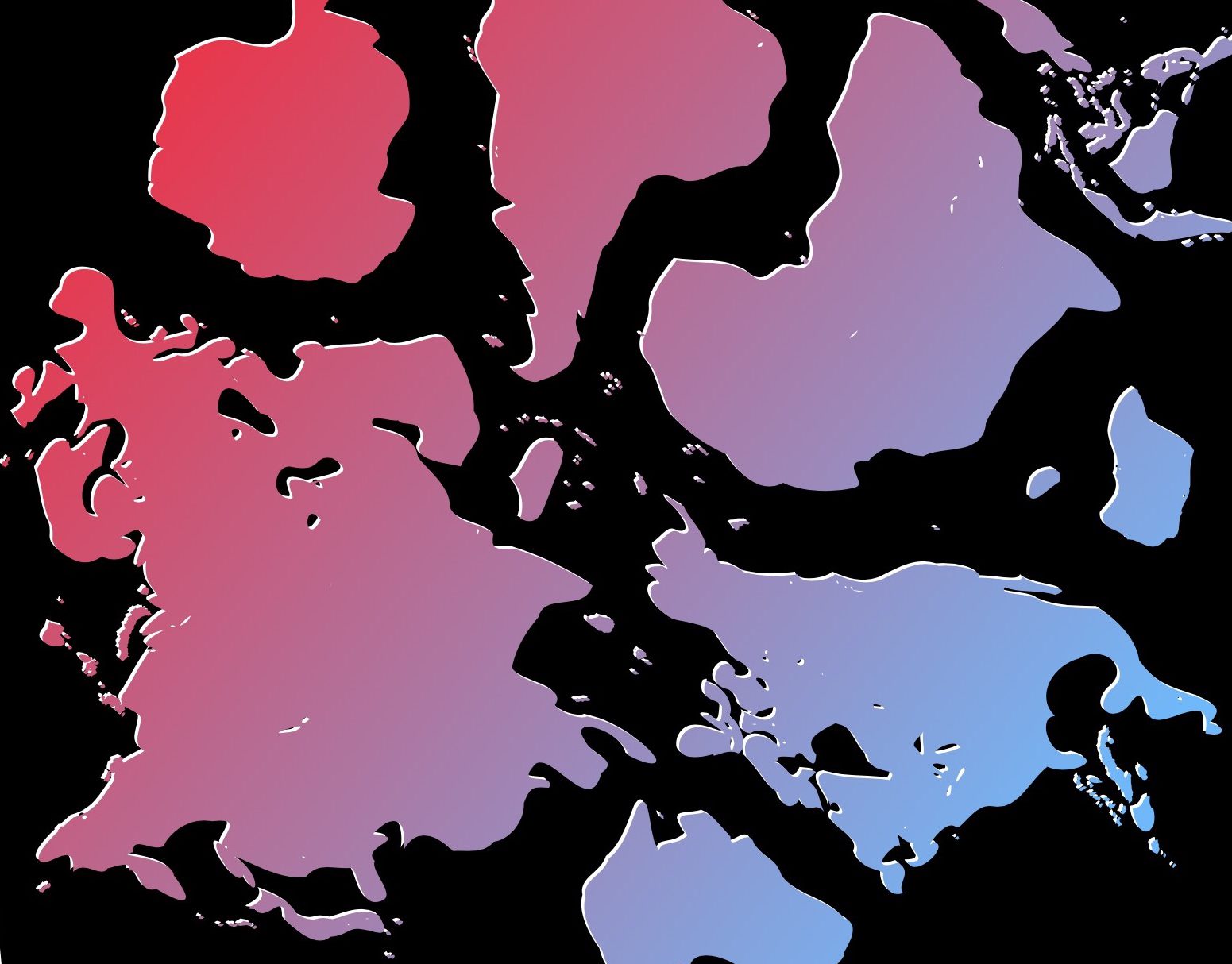
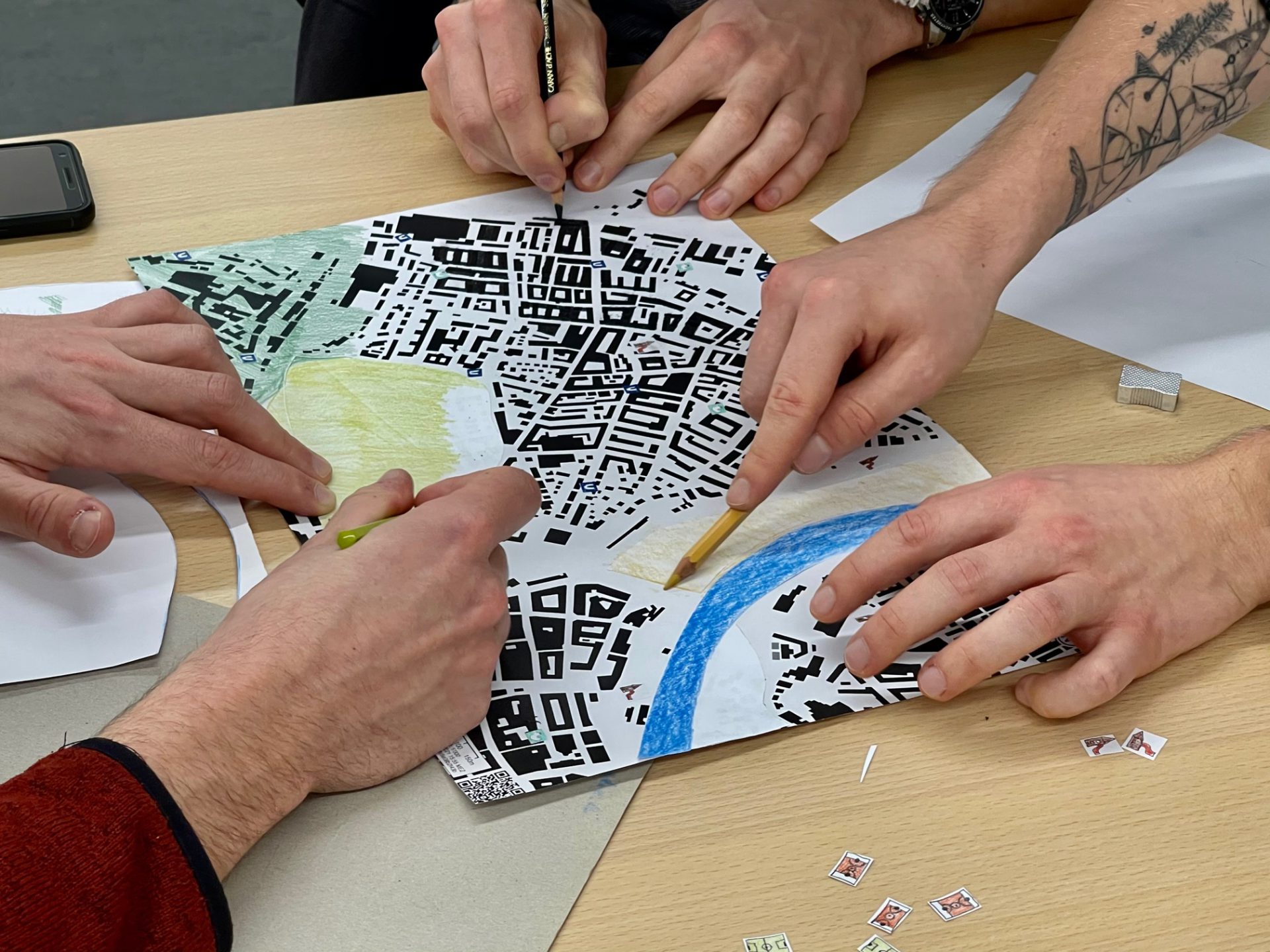

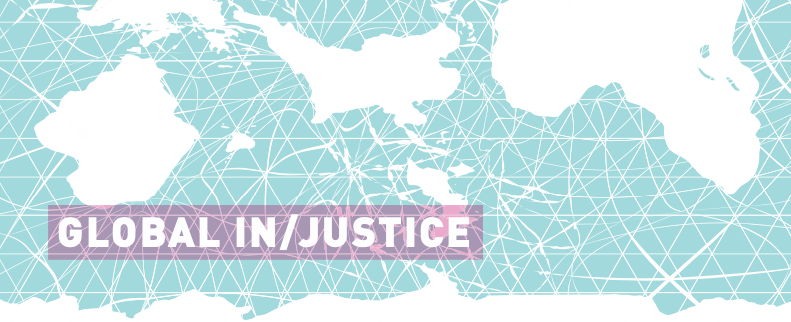
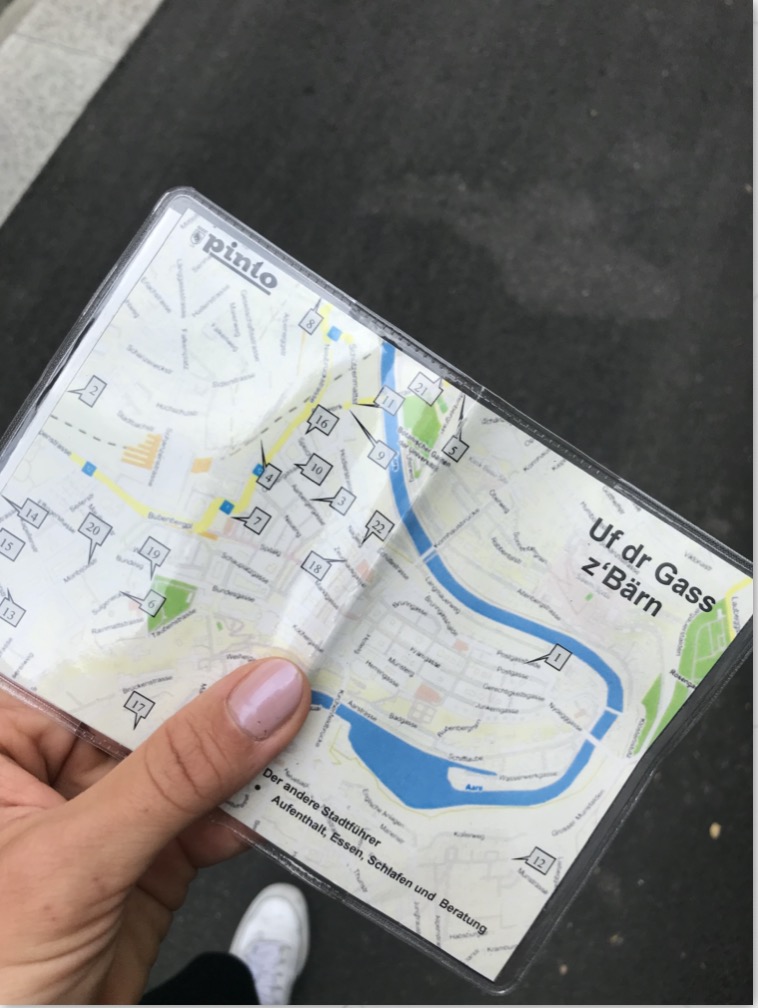
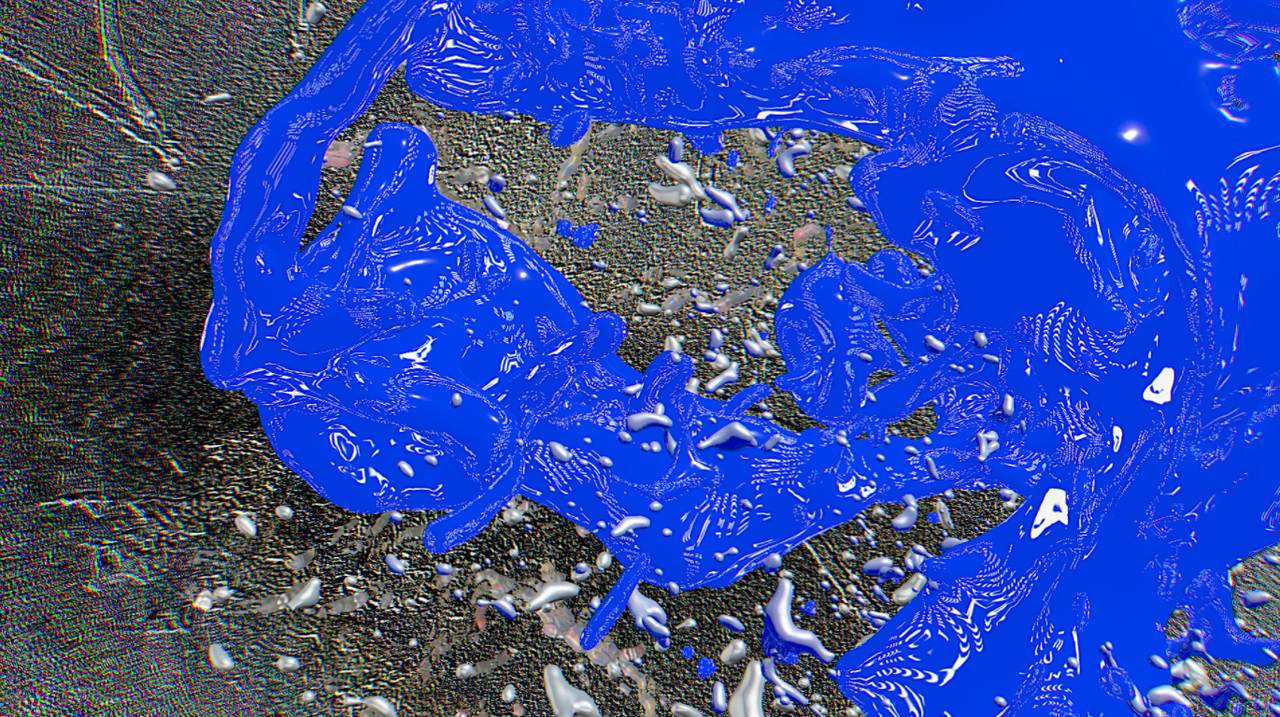

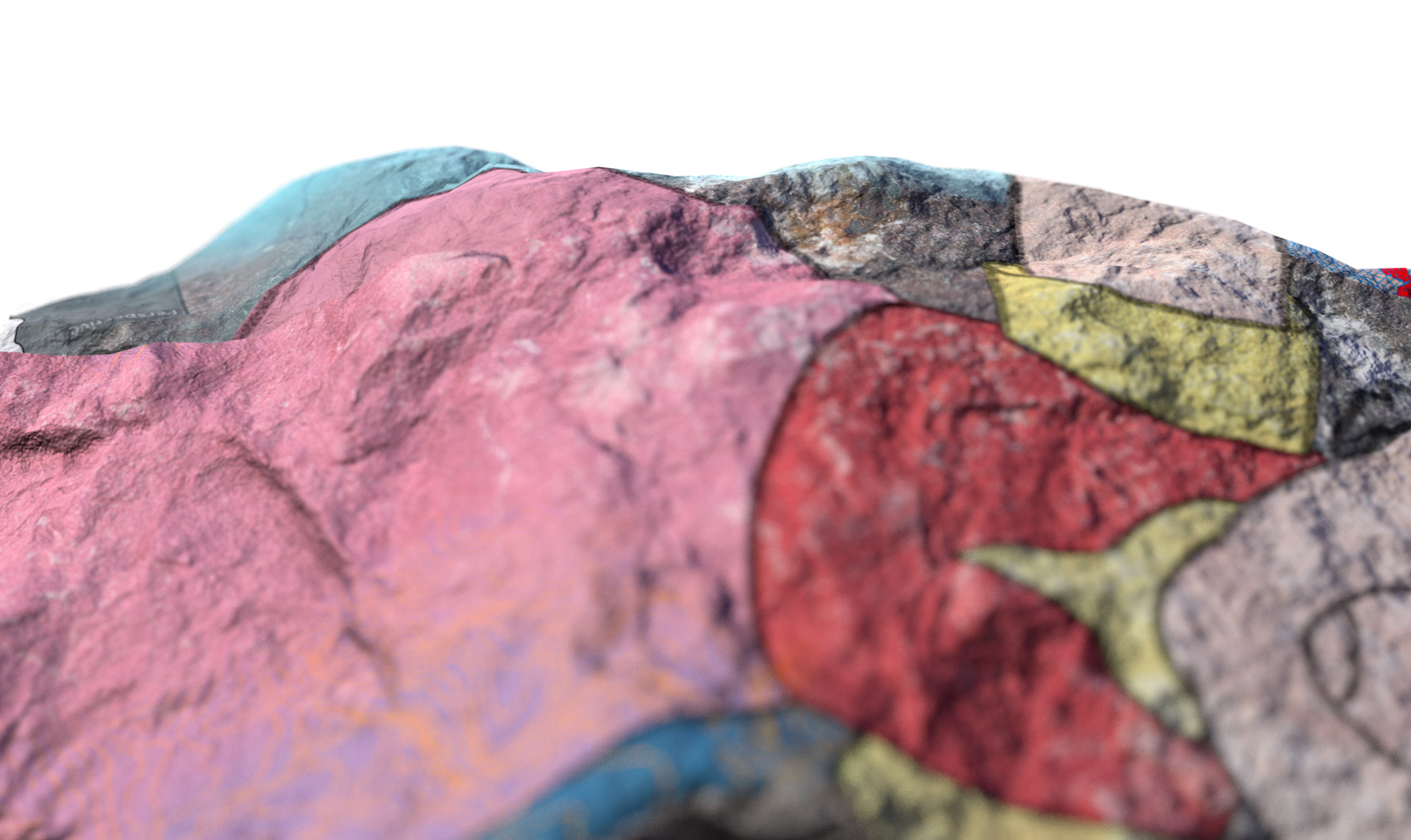

As part of the first mLAB residency, Jana Thierfelder, Marius Förster, Peter Tränkle will come together to initiate a speculative thought experiment in dialogue with the Institute of Geography.
It is part of a multi-stage project that questions Switzerland’s self-image in the face of the climate crisis. With the thawing of permafrost soil in the Swiss Alps, the alpine rock becomes increasingly unstable, and events such as mudflow, rockfalls, or even massive landslides become more frequent. Through an Open Call, the 3000 Peaks project invites to develop ideas for the redesign of approximately 3.000 affected Swiss Alpine peaks as well as for the utilization of the removed rock masses. The perspectives and narratives created this way should network actors with a wide range of interests through public discussions. It aims to broaden the horizon of what can be imagined and to negotiate the complexity of design processes.
The Open Call is prepared in the mLab. As part of the residency, the project seeks exchange with the Geographic Institute’s fields of knowledge and through visits of “affected” Alpine communities. It utilizes participatory formats like OpenStudio, Common Grounds and Graphic Mapping. The exploration of intersections between artistic and scientific concerns pursues the goal of enriching perspectives, making them accessible and open for discussion. The team would like to define potential aims collaboratively with the scientists and the community residents involved.
The “peak loss” affects not only residents and economic interests, but rather erodes the identity-creating importance of the Alps – for both the regional and national self-image as well as for external perception. The 3000 Peaks project asks how, in a shared speculative exploration, skills of imagination and action can be multiplied through distribution and networking?
Open Studio
With an open studio, the team explores intersections between artistic and scientific concerns regarding the transformation processes in the Alps. By collecting, reflecting, and testing different positions (temporary) forms of representation on-site and digitally (3000peaks.com) will be developed. That serves, among other things, the long-term development of the 3000 Peaks website as a media hub.
Common Grounds
With visits to alpine communities in the Bernese Oberland, we aim to encourage residents to share their stories in the speculative narrative of 3000 Peaks. Common Grounds strives to establish personal contact with relevant communities and to weave the voices, ideas, and fantasies of their residents on an equal footing in the open discourse space. In conversations and interviews, as well as in practical, interactive formats and spontaneous encounters (mini or ad hoc workshops) the joy of speculation should be fostered and the potential of created ideas addressed.
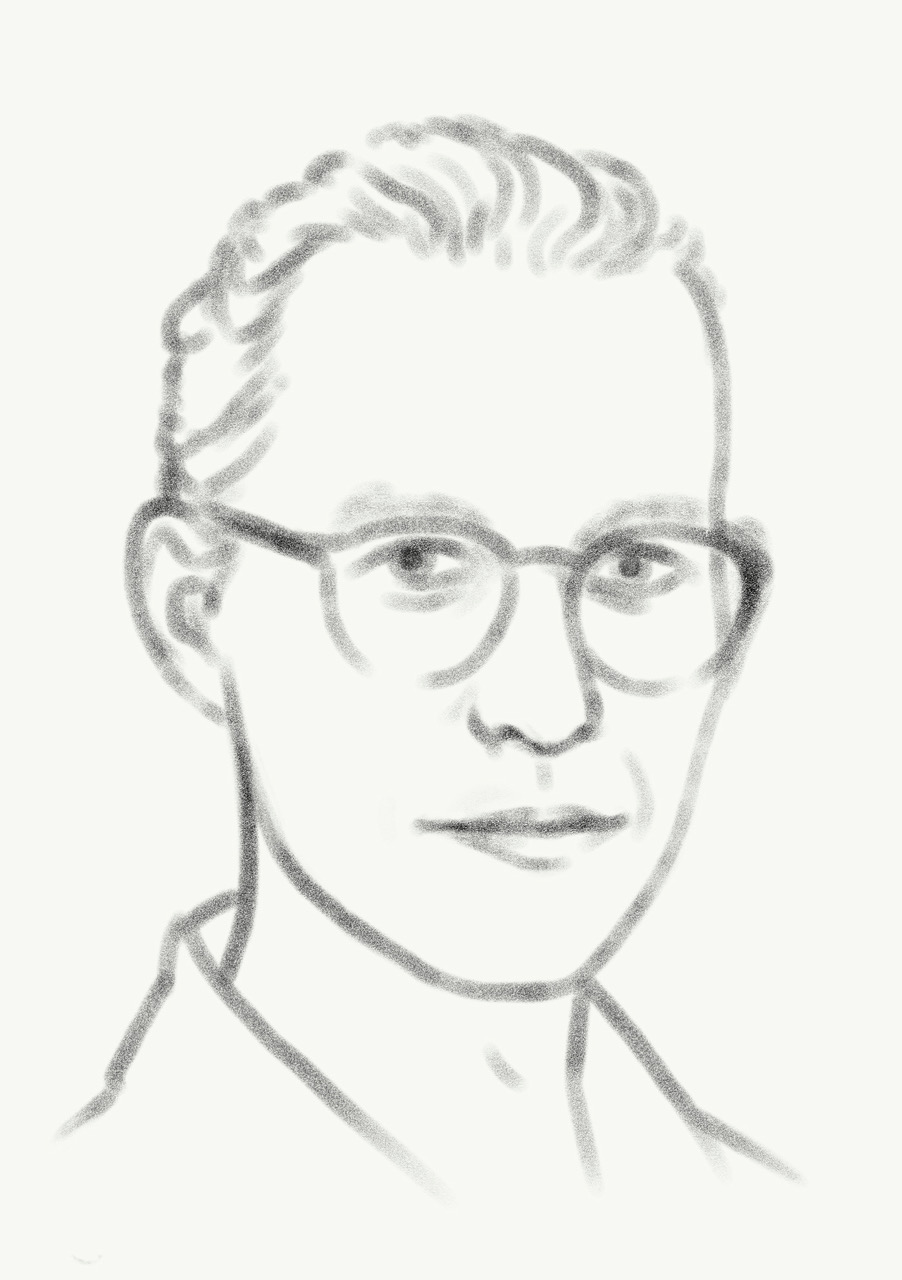



Marius Förster works at the intersection of design, research, and art. In his work, he examines possible roles and limits of design in social transformation processes. He is co-editor of the publication Un/Certain Futures (transcript, 2018) and co-founder of the design studio operative.space.
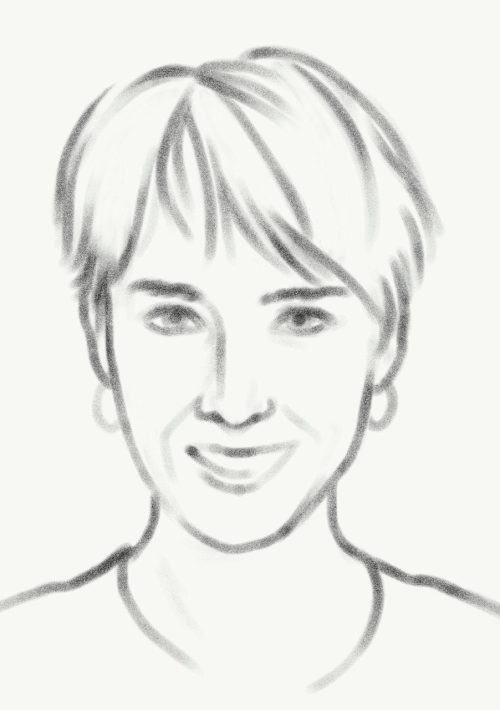



Jana Thierfelder pursues a Ph.D. under supervision of Prof. Dr. Michaela Schäuble and Prof. Dr. Priska Gisler (artistic/design-scientific doctoral program SINTA, University of Bern & Bern University of the Arts) on the epistemic role of design in evolutionary biological knowledge production. Besides, she is a lecturer in the Master in Transdisciplinary Studies at the Zurich University of the Arts.
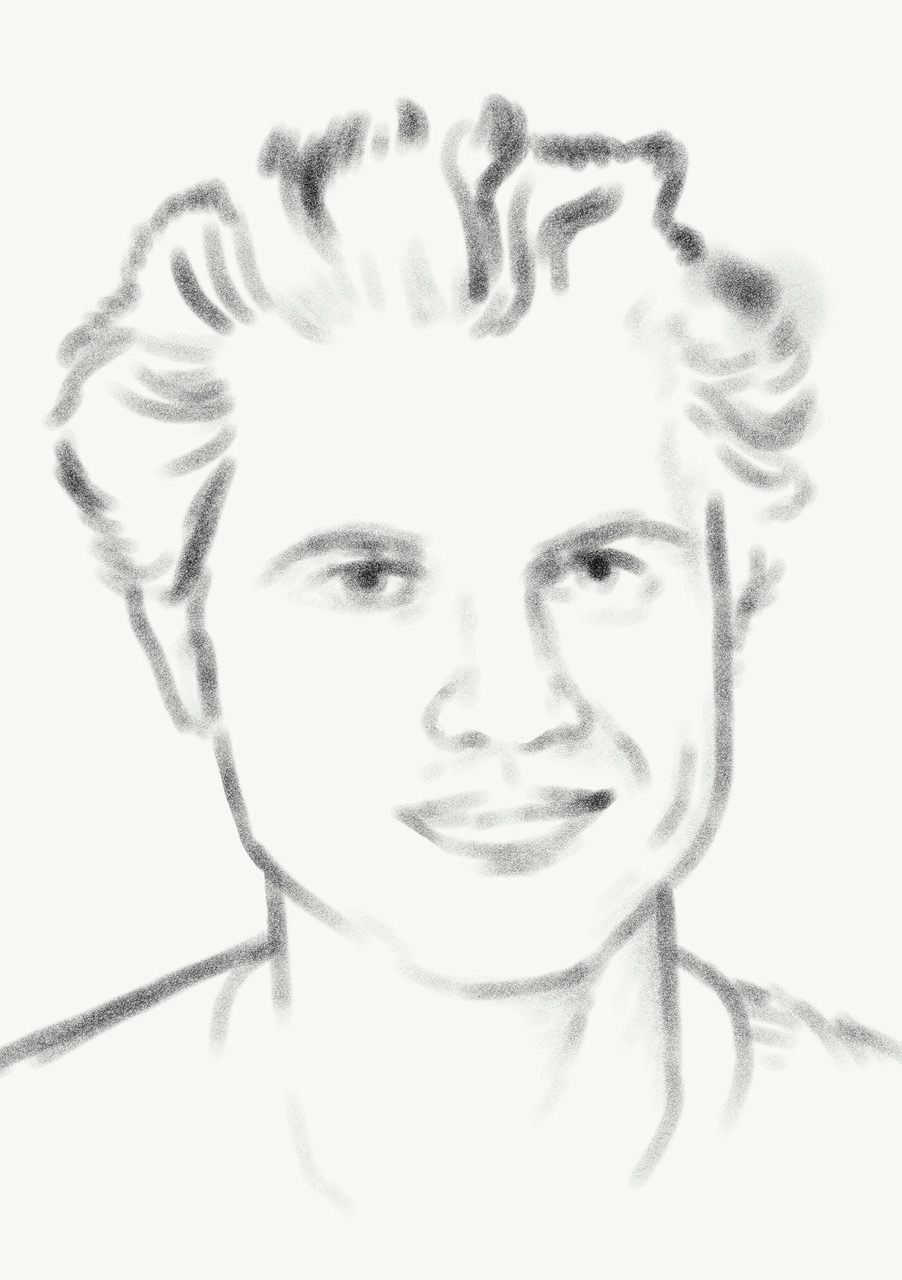



Peter Tränkle has a background in sociology and science and technology studies, in recent years active in transdisciplinary and transcultural collaboration contexts. He is a co-initiator of the “QWAS – Migrating Dialogue” project and is currently a research assistant at the Zurich University of the Arts in the Department of Cultural Analysis.